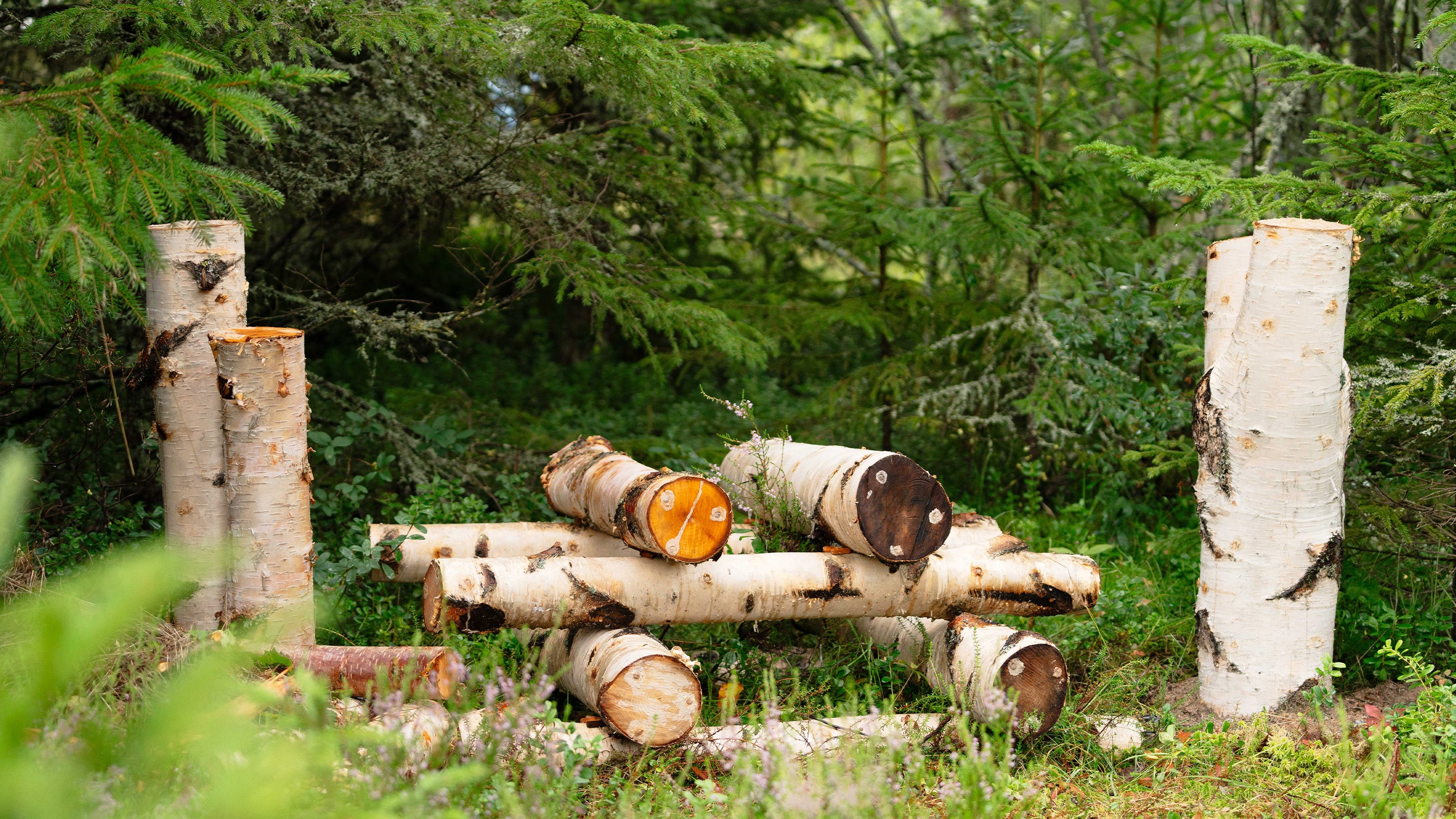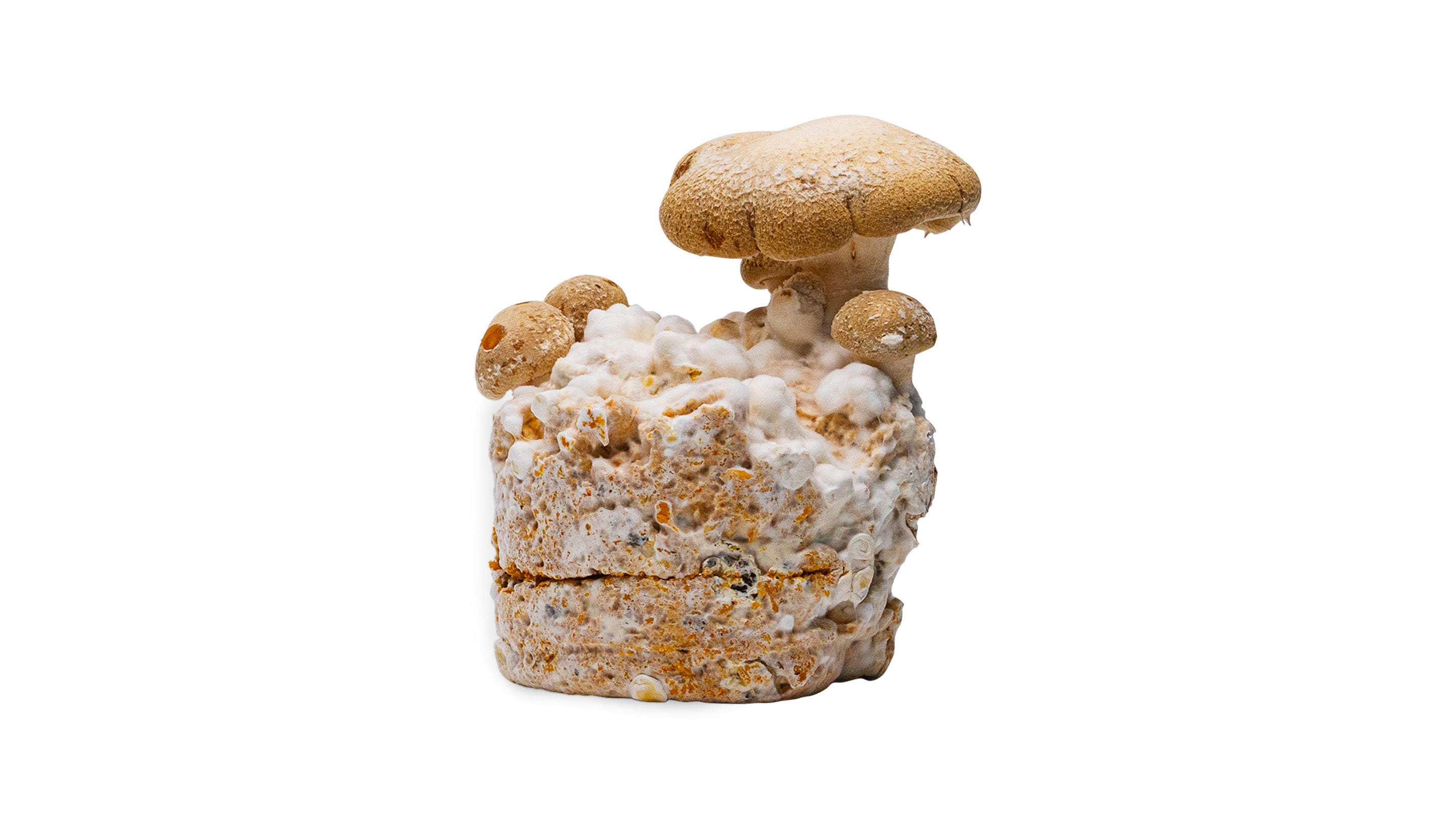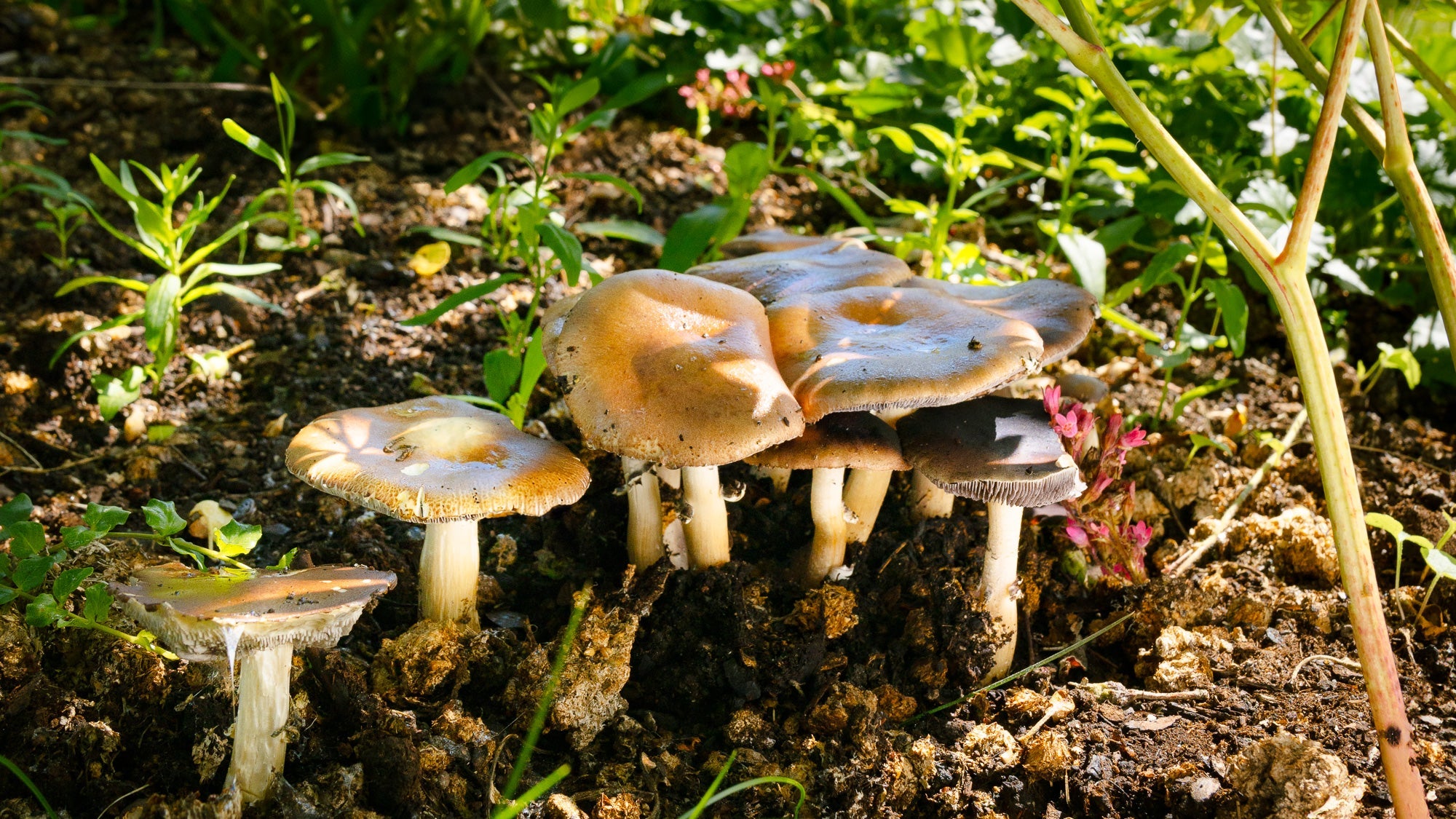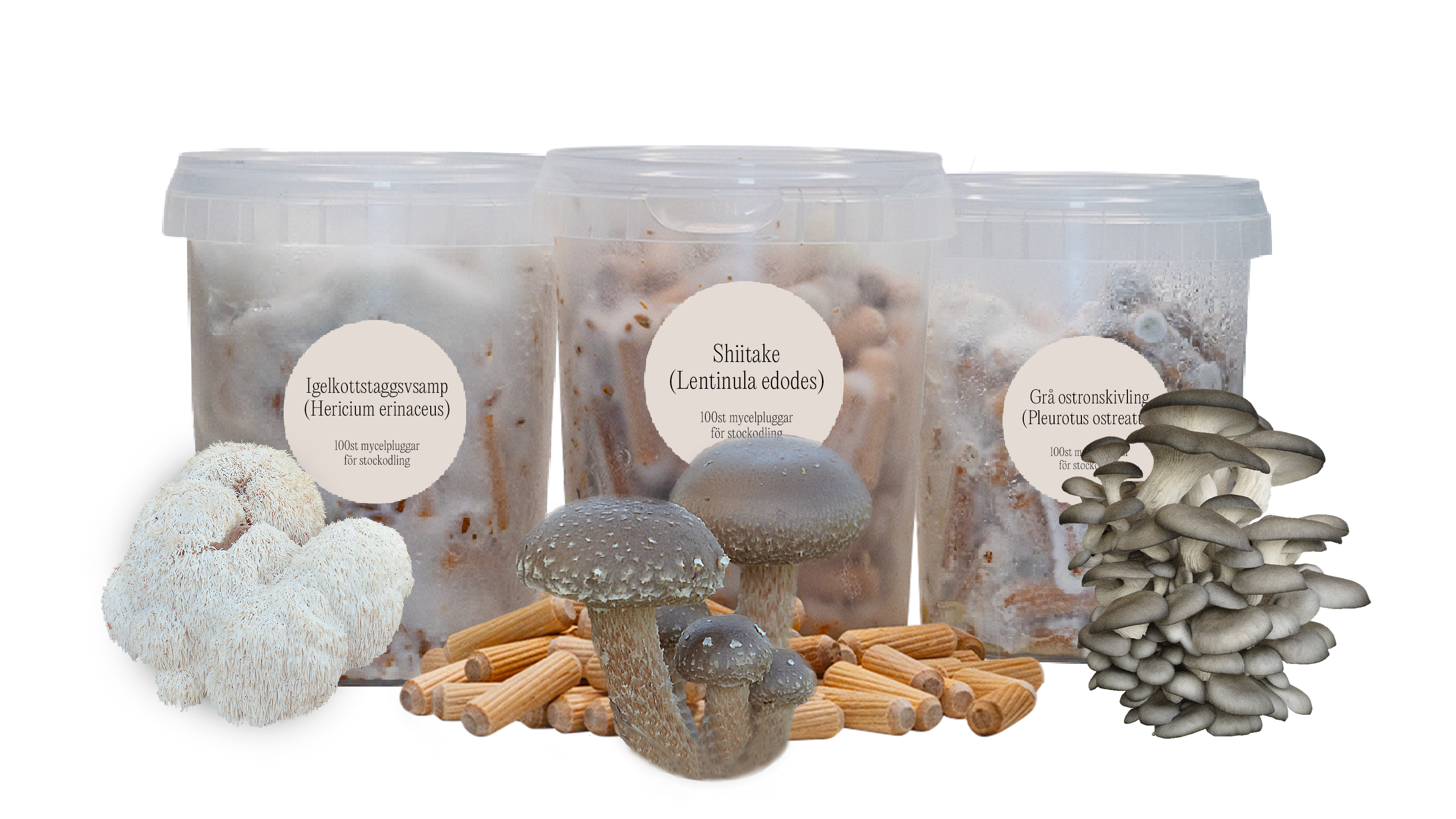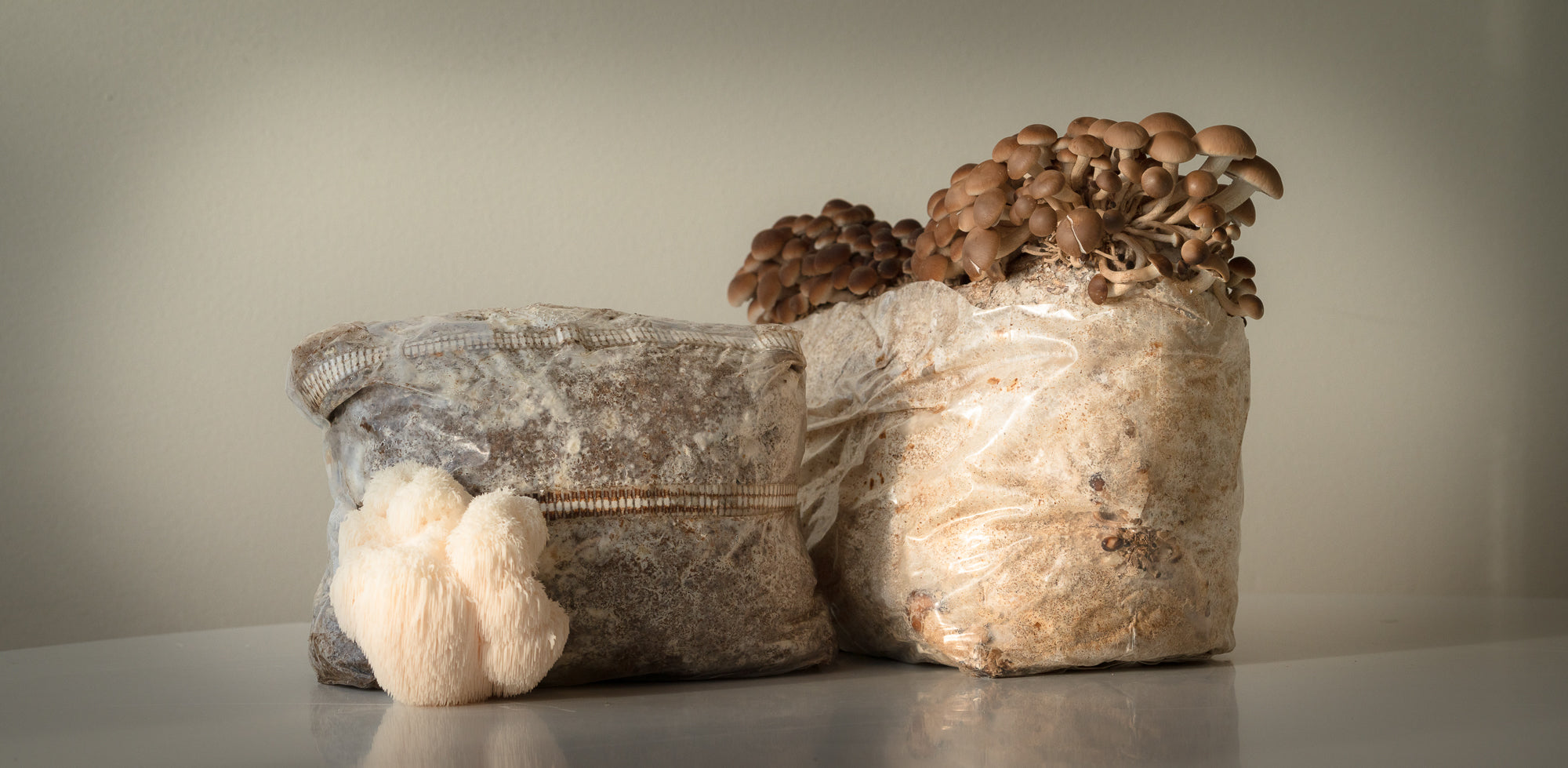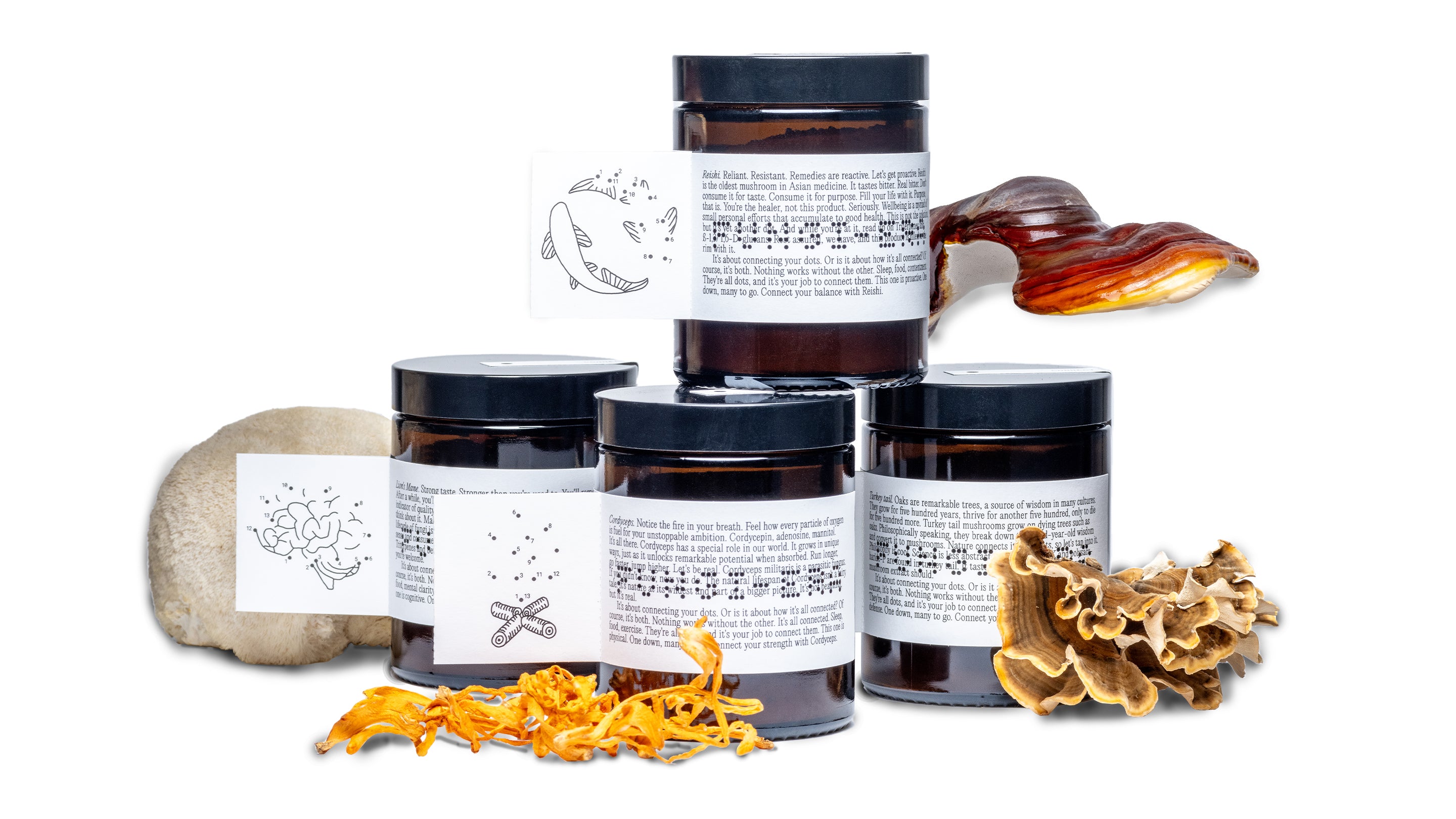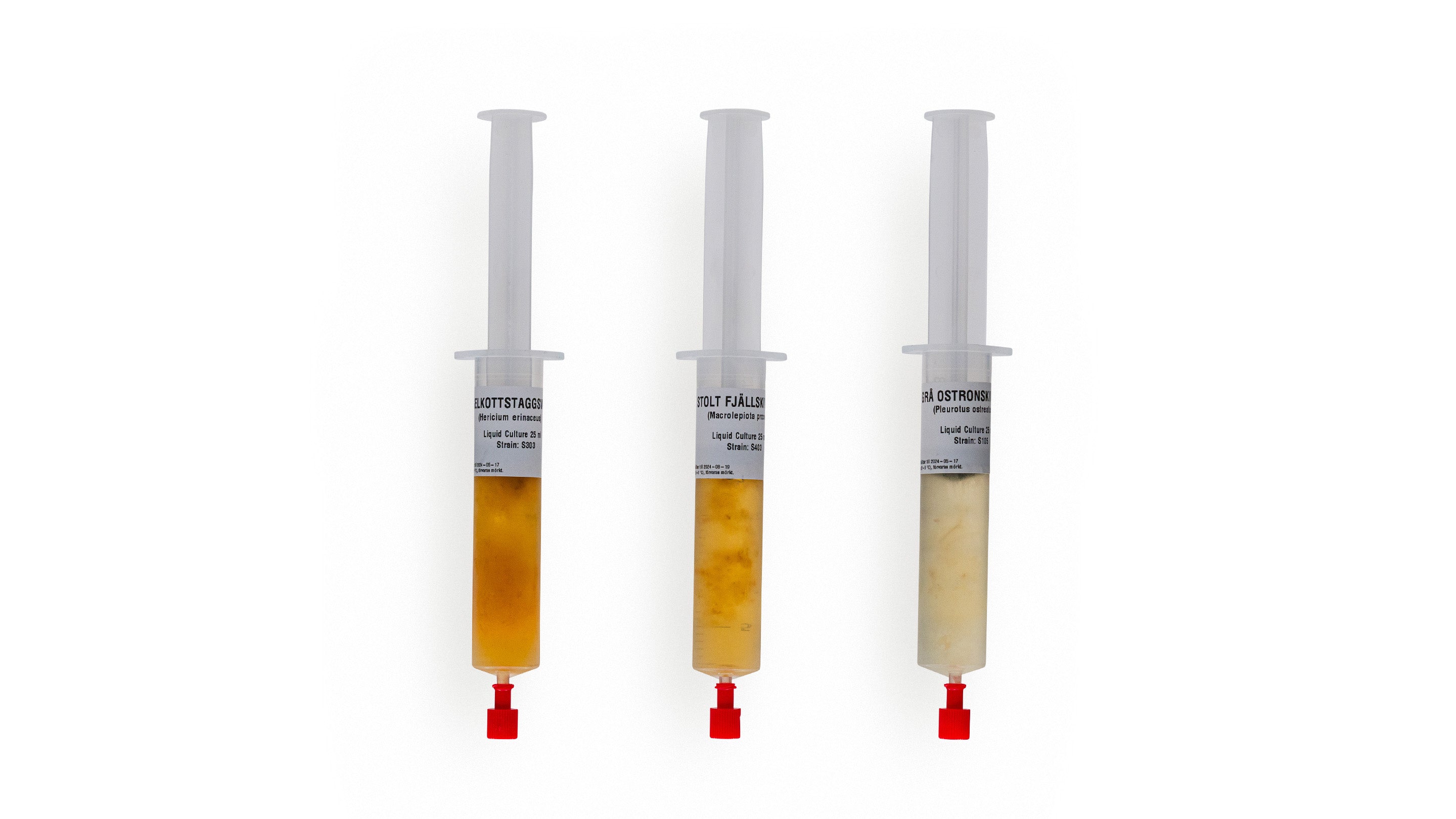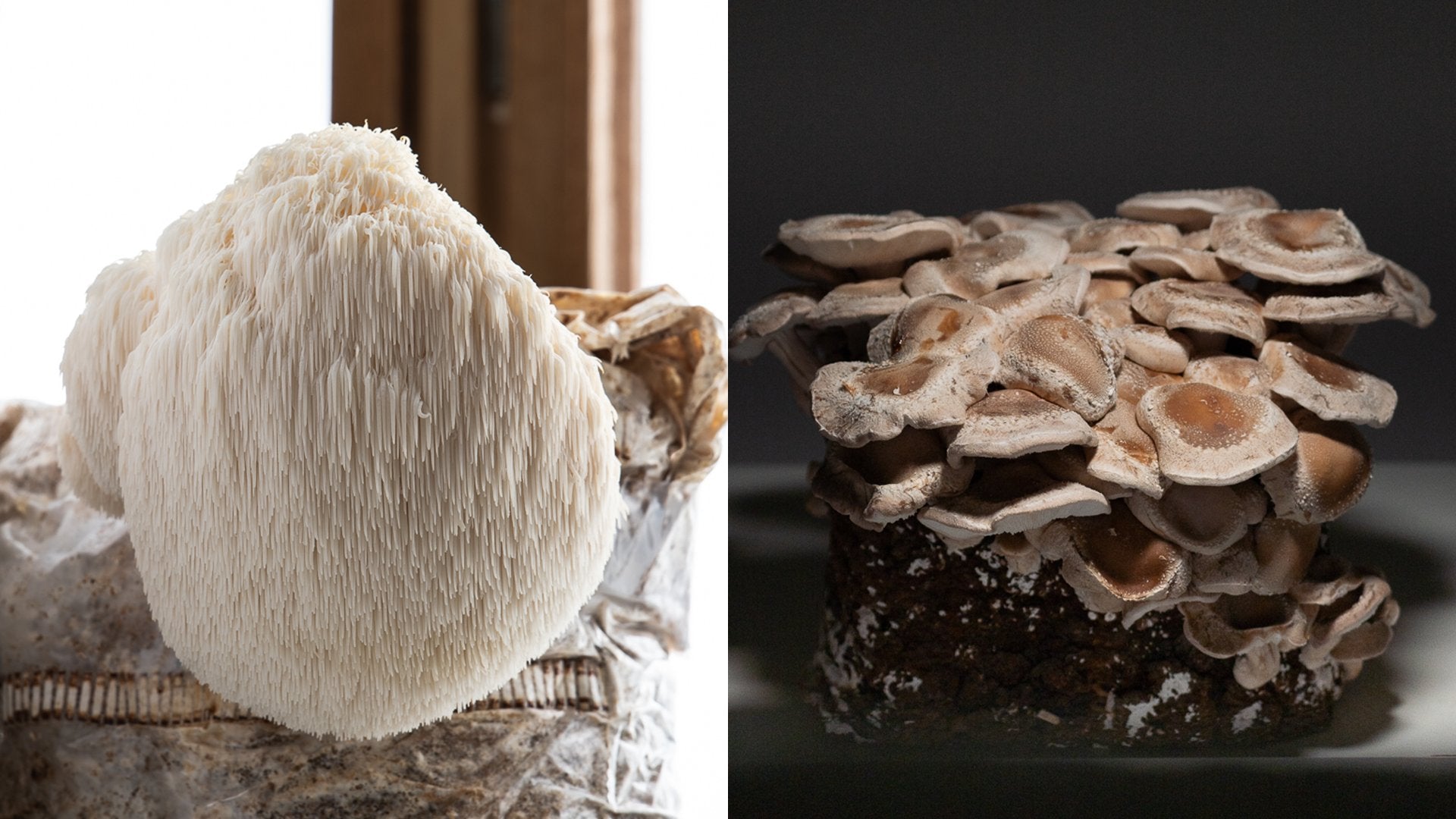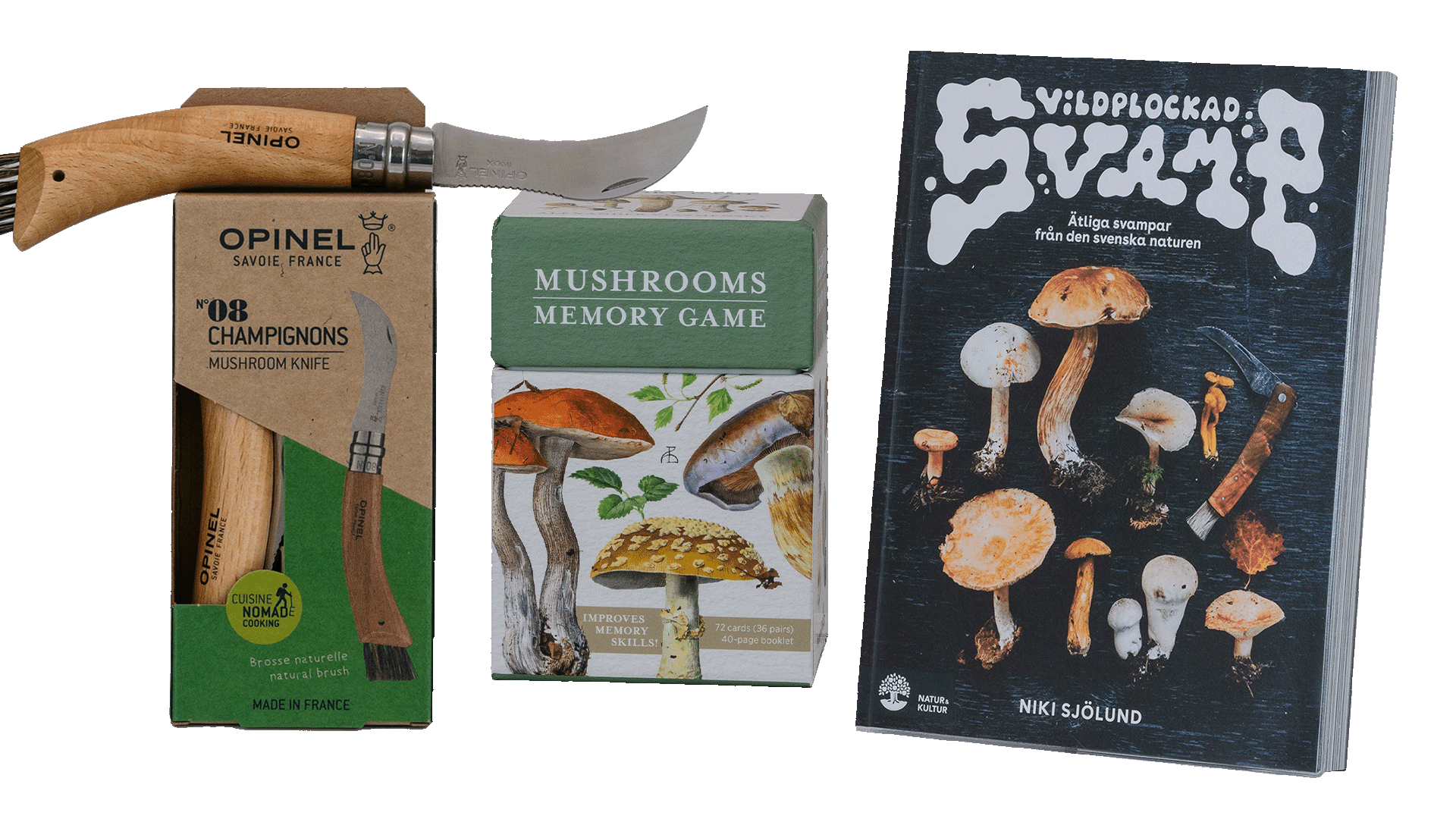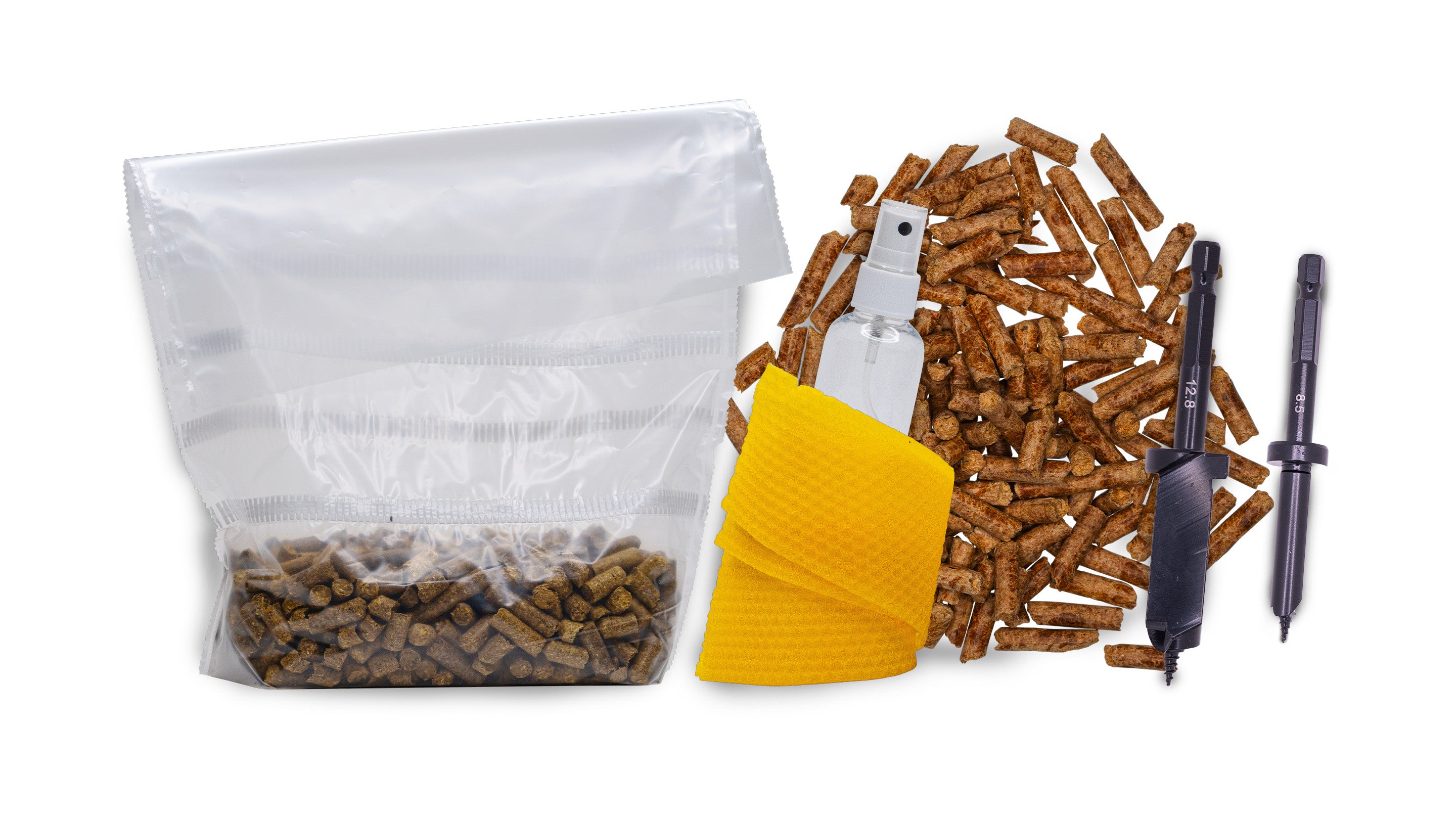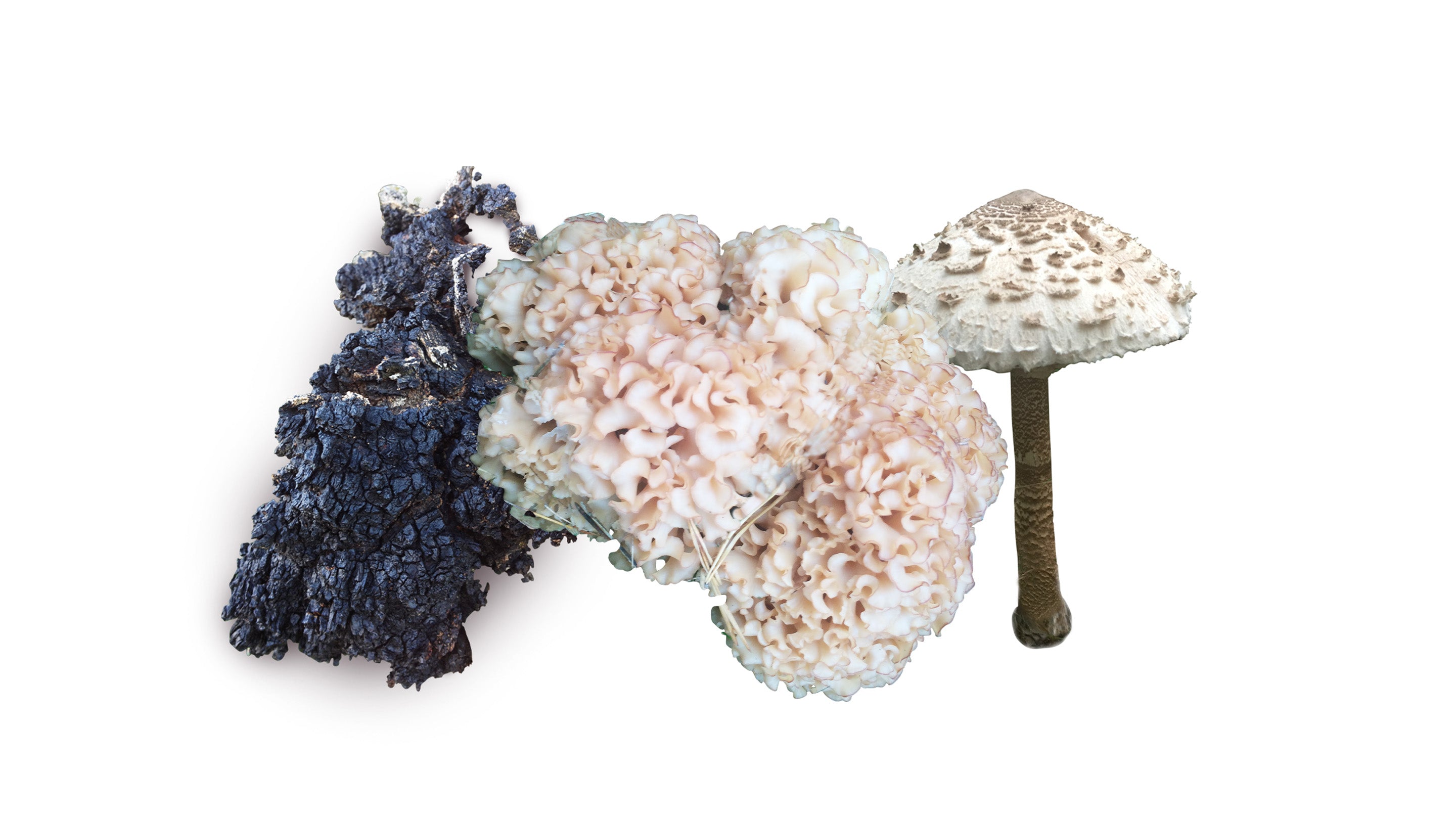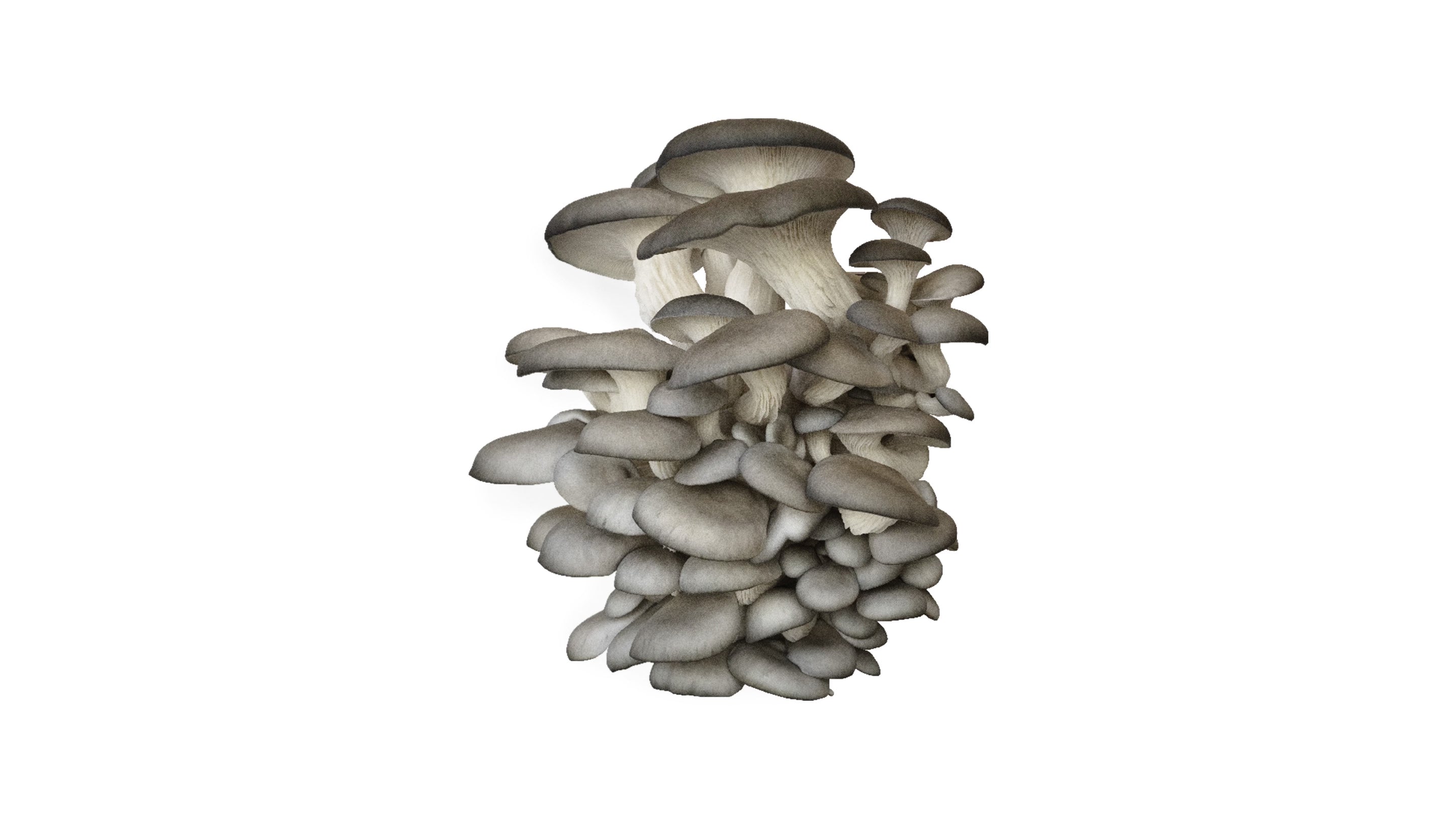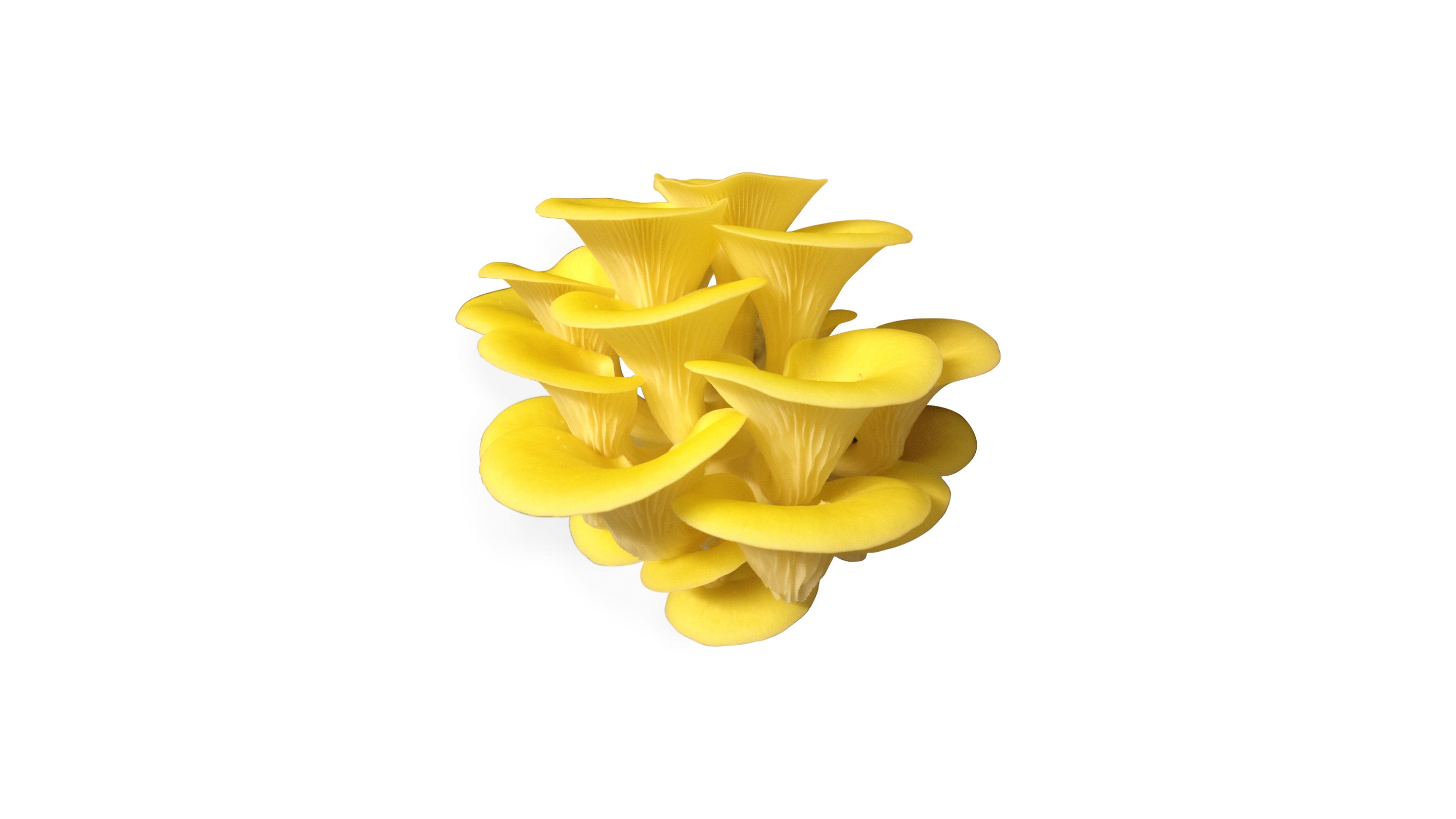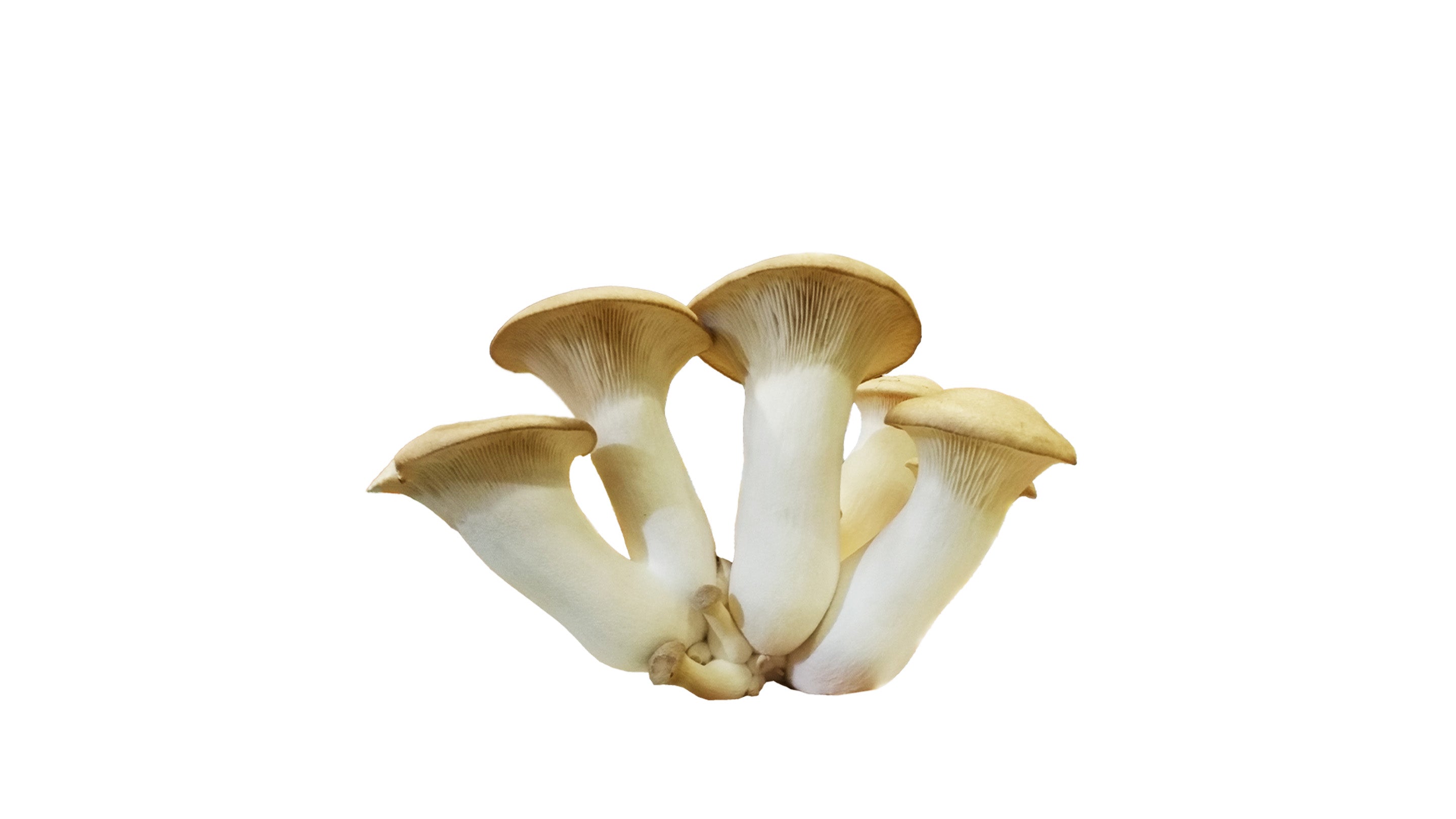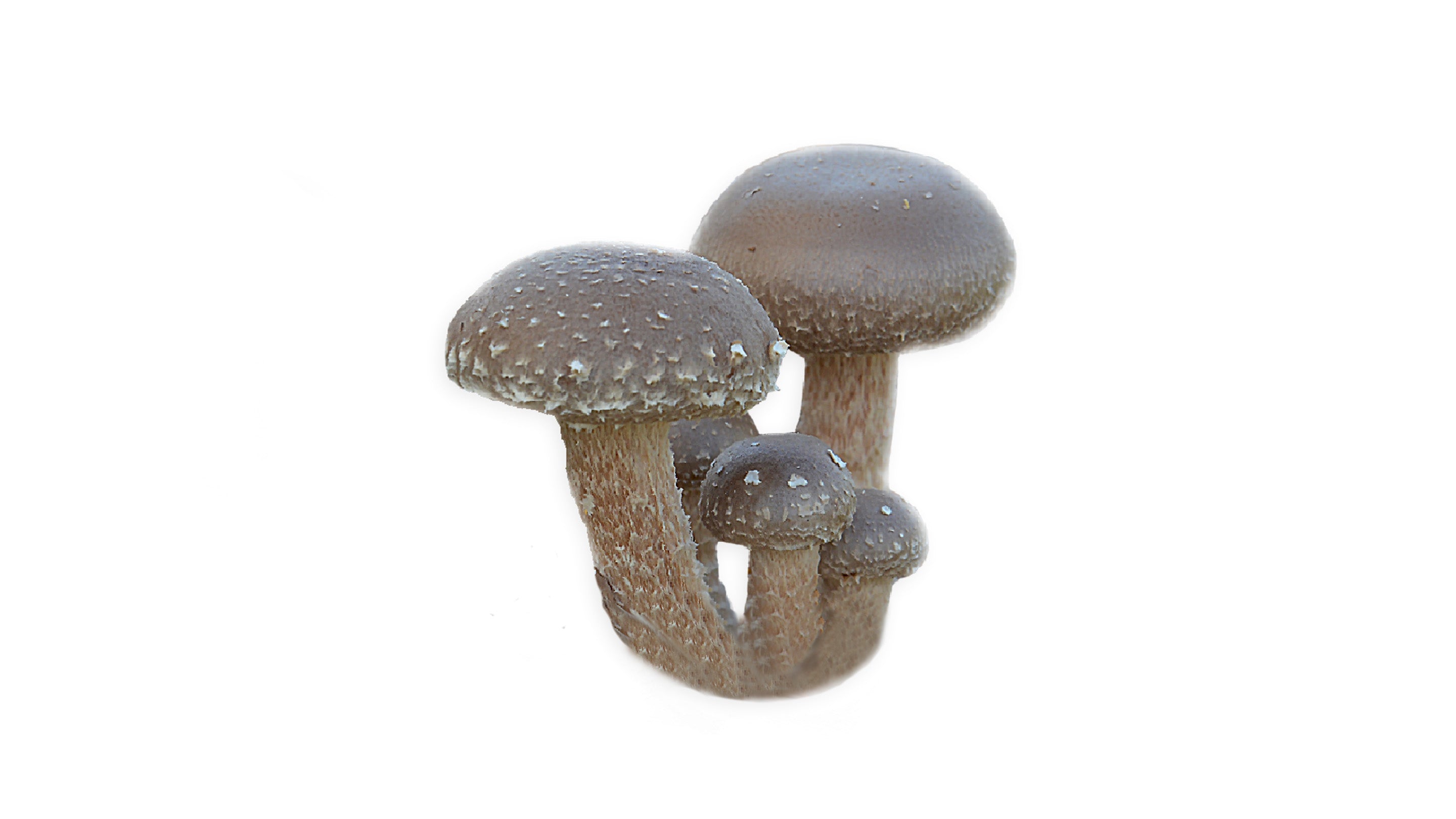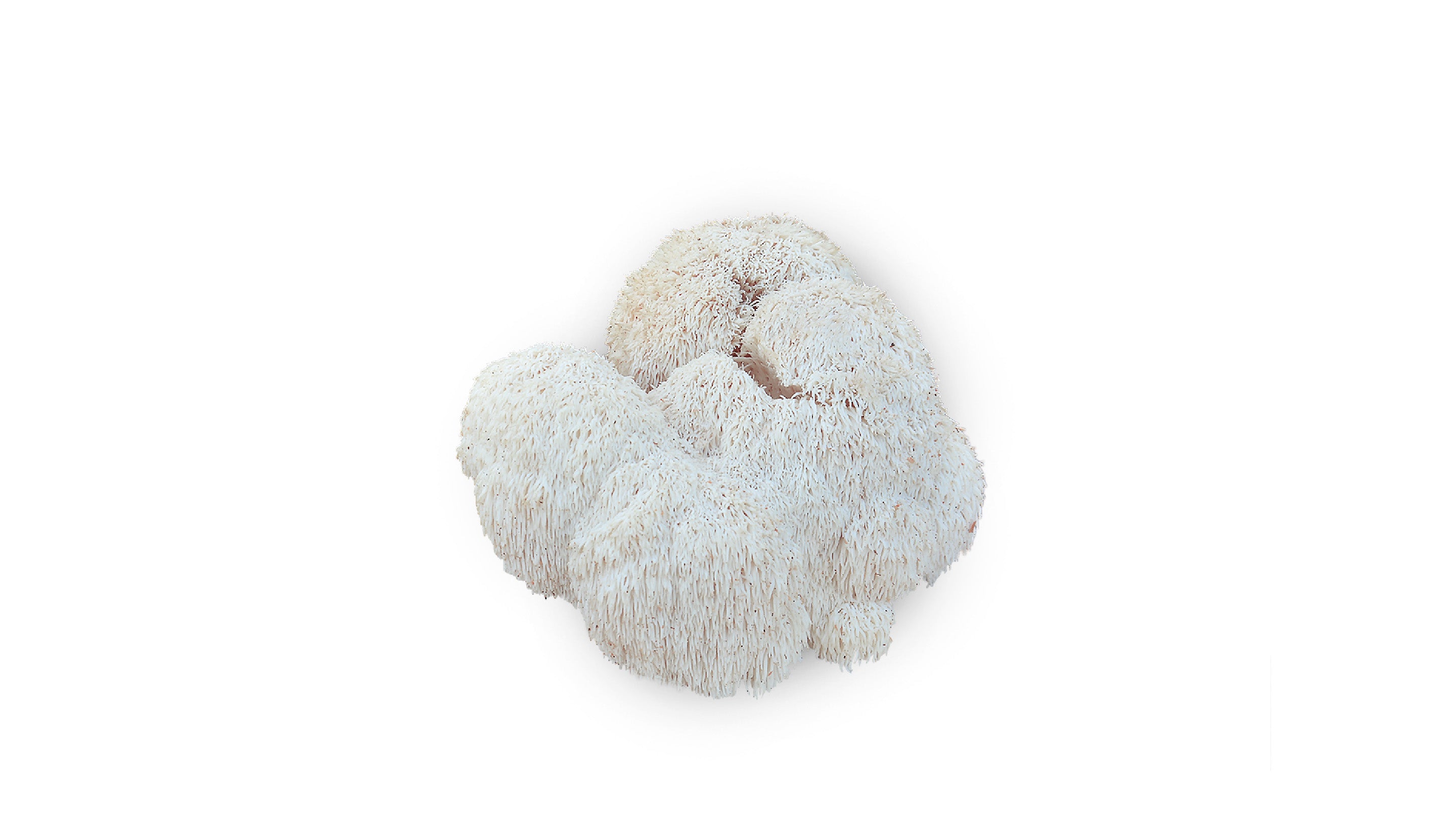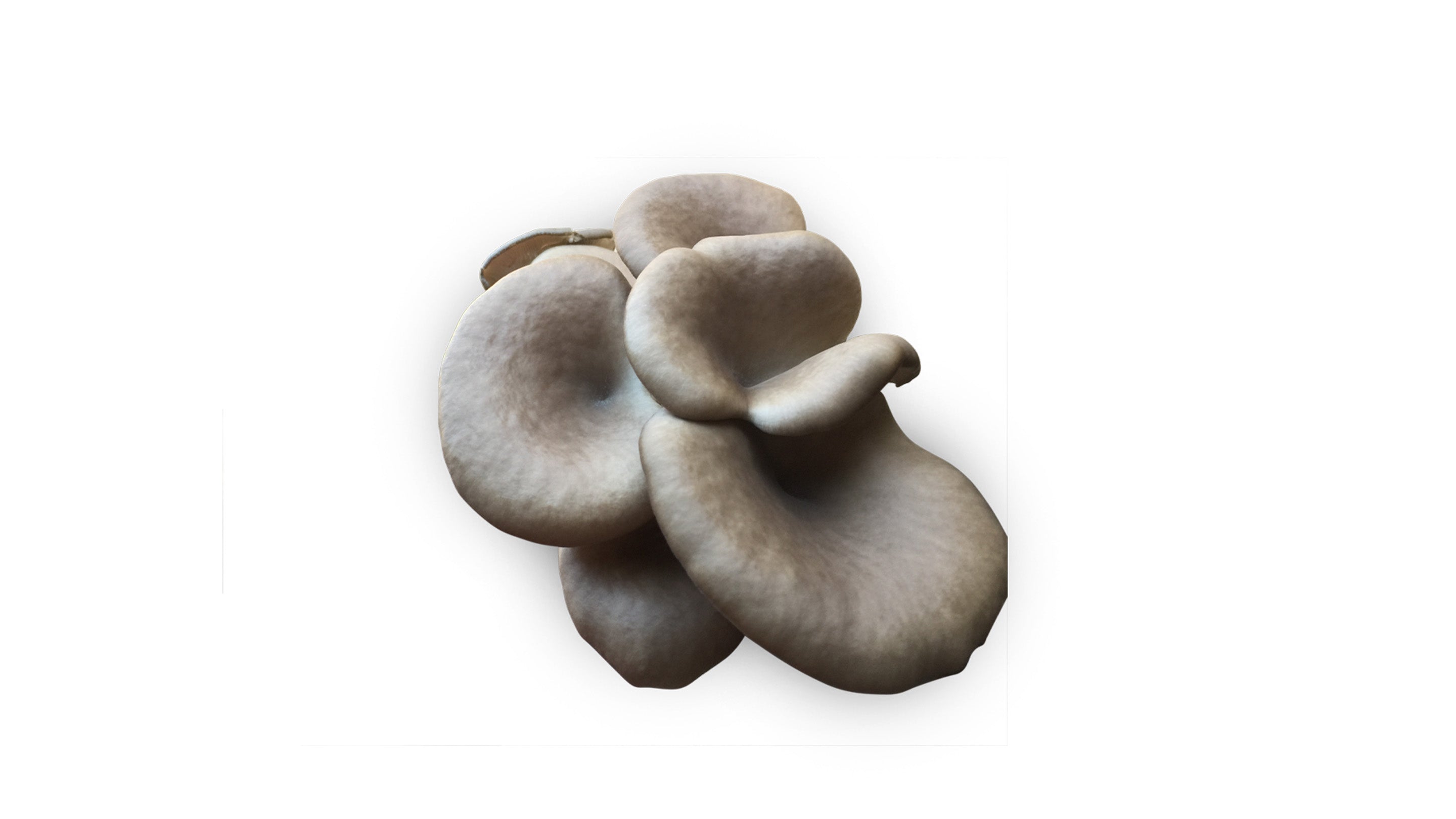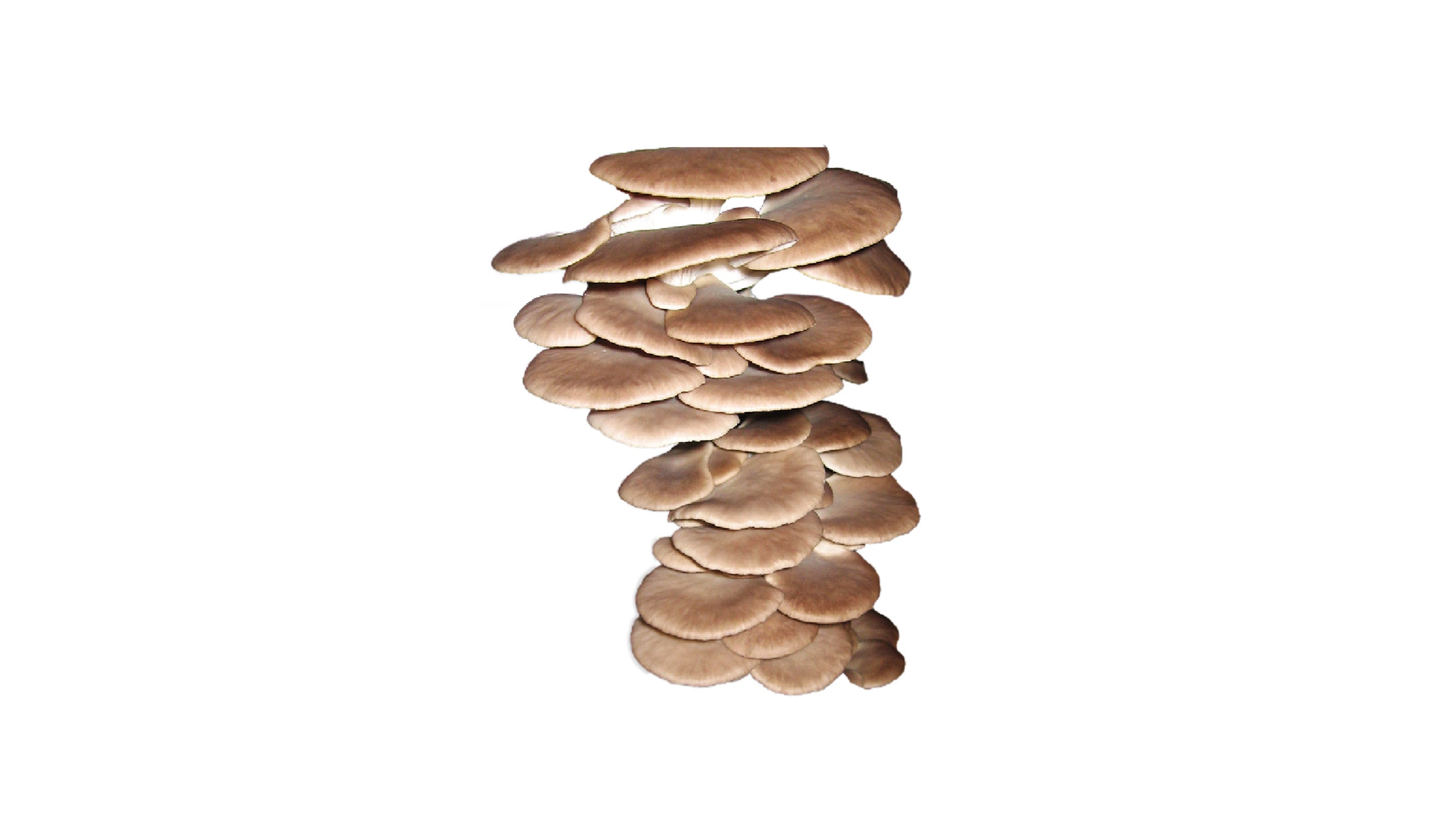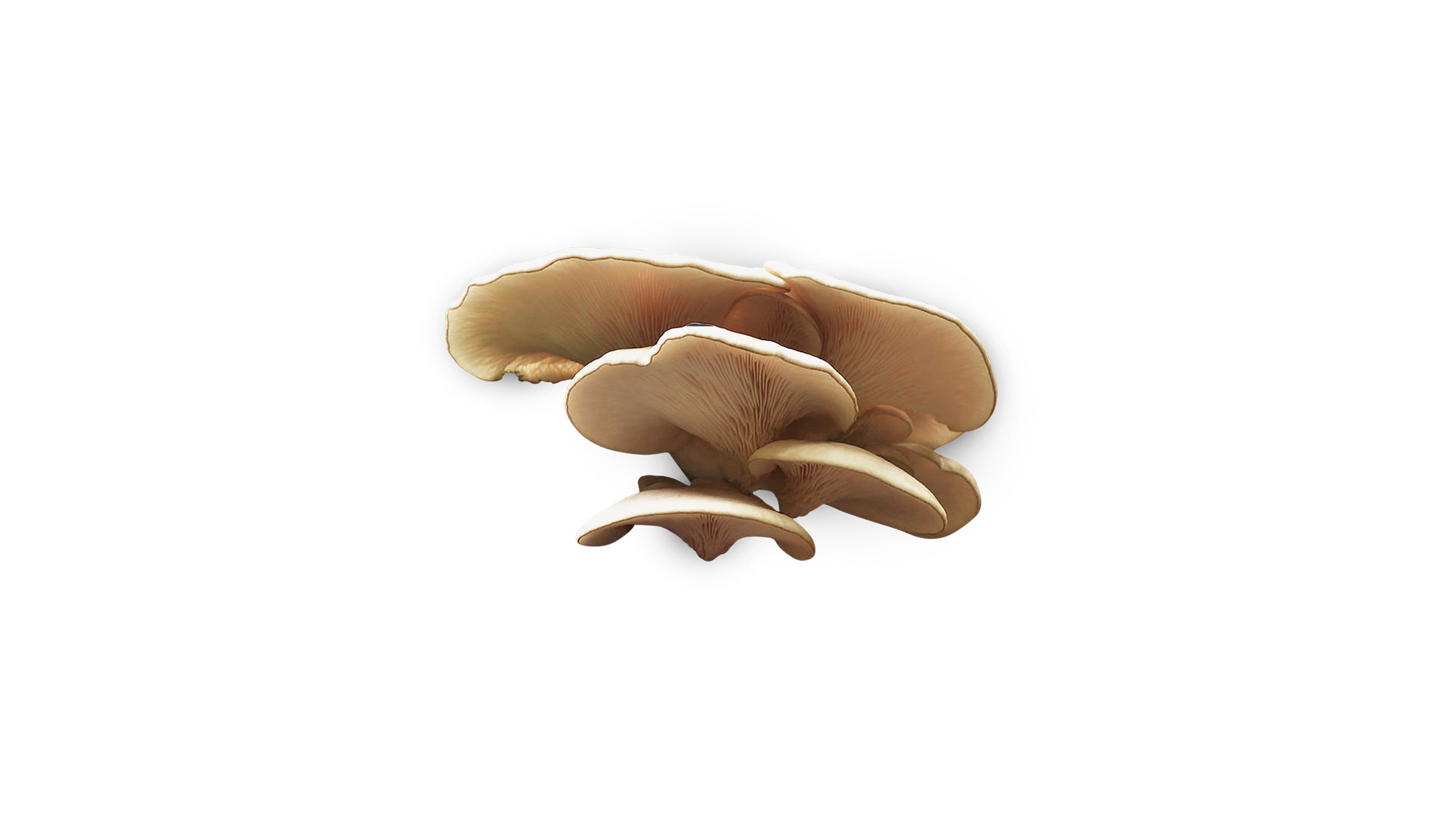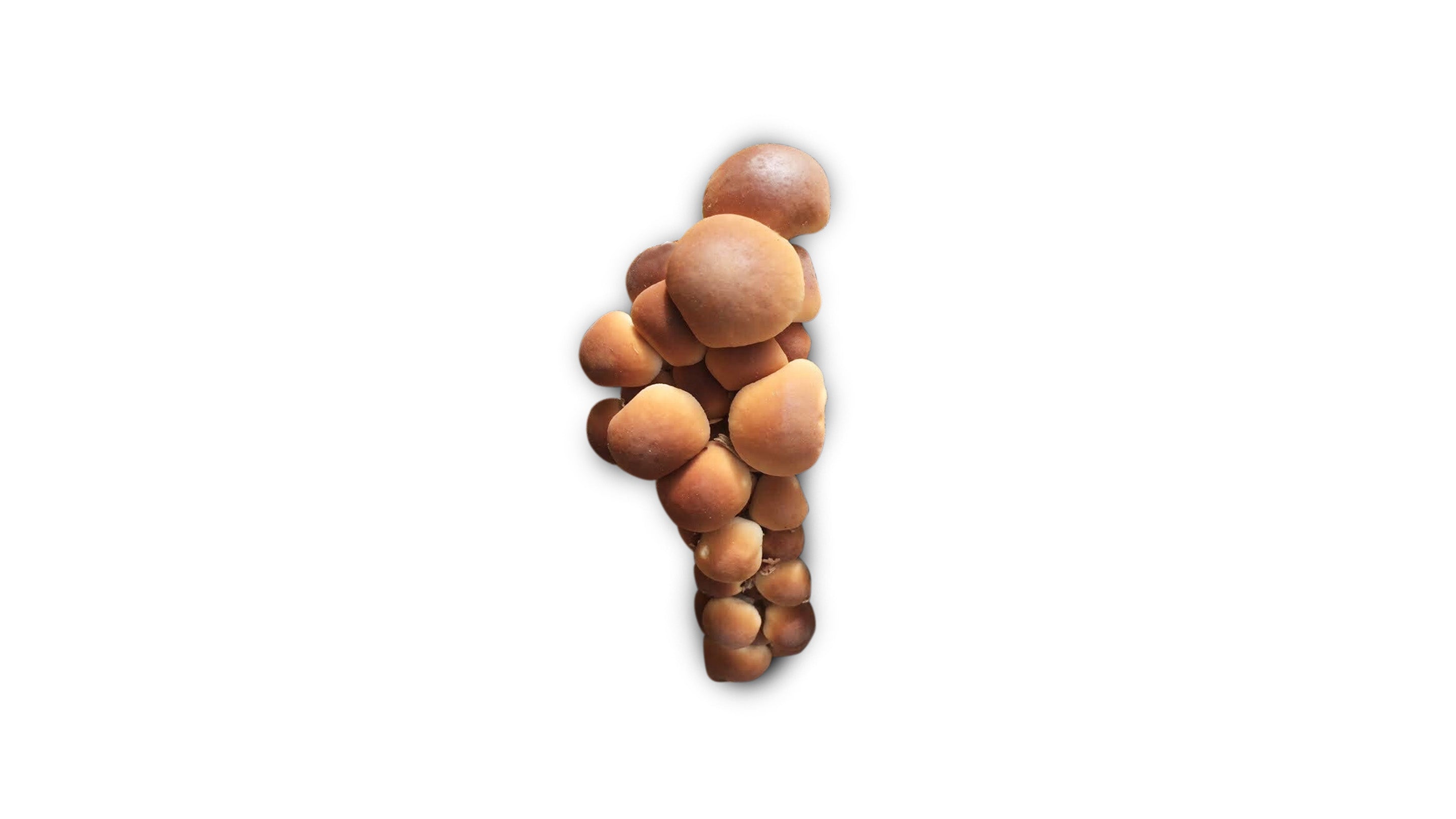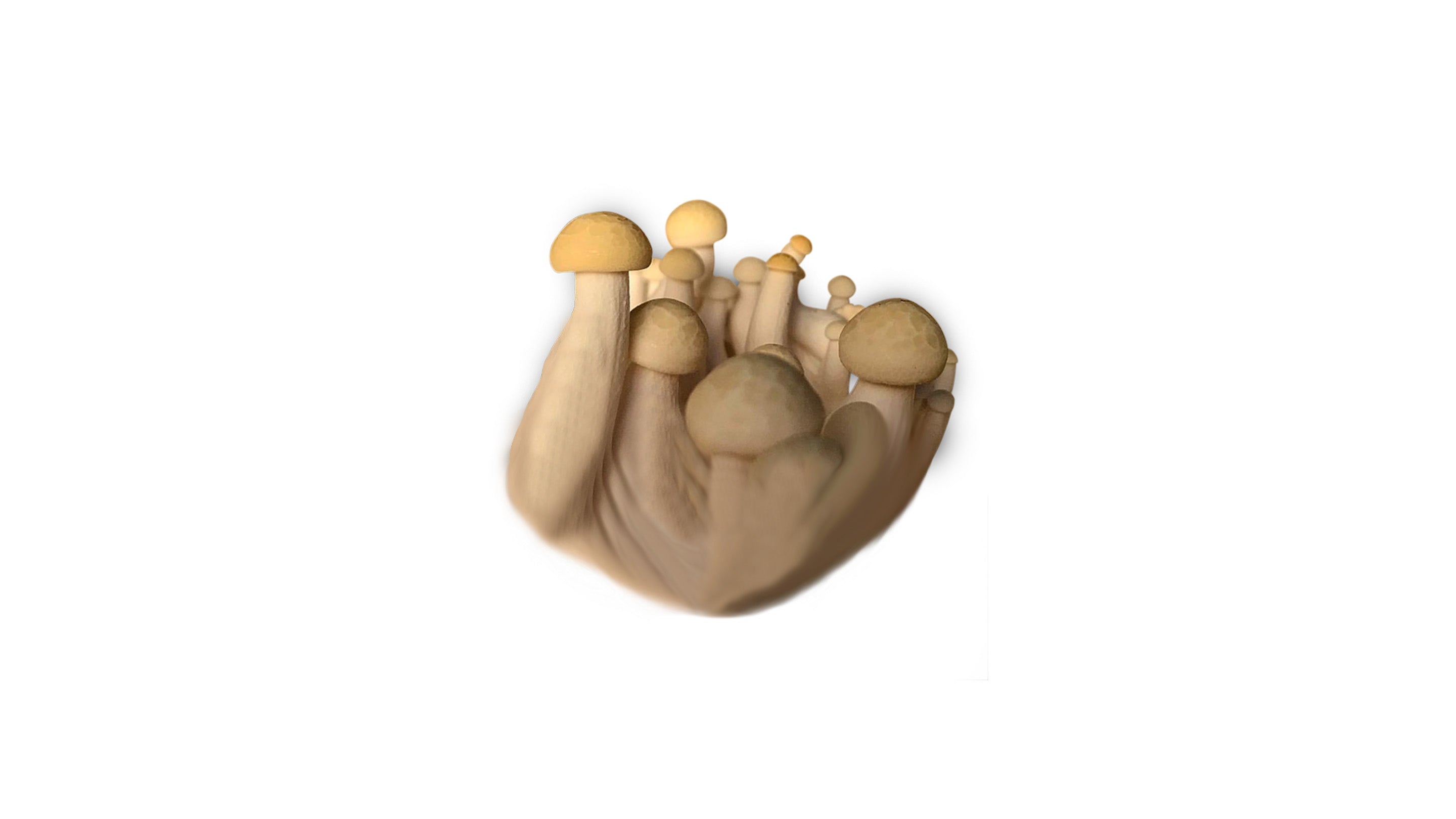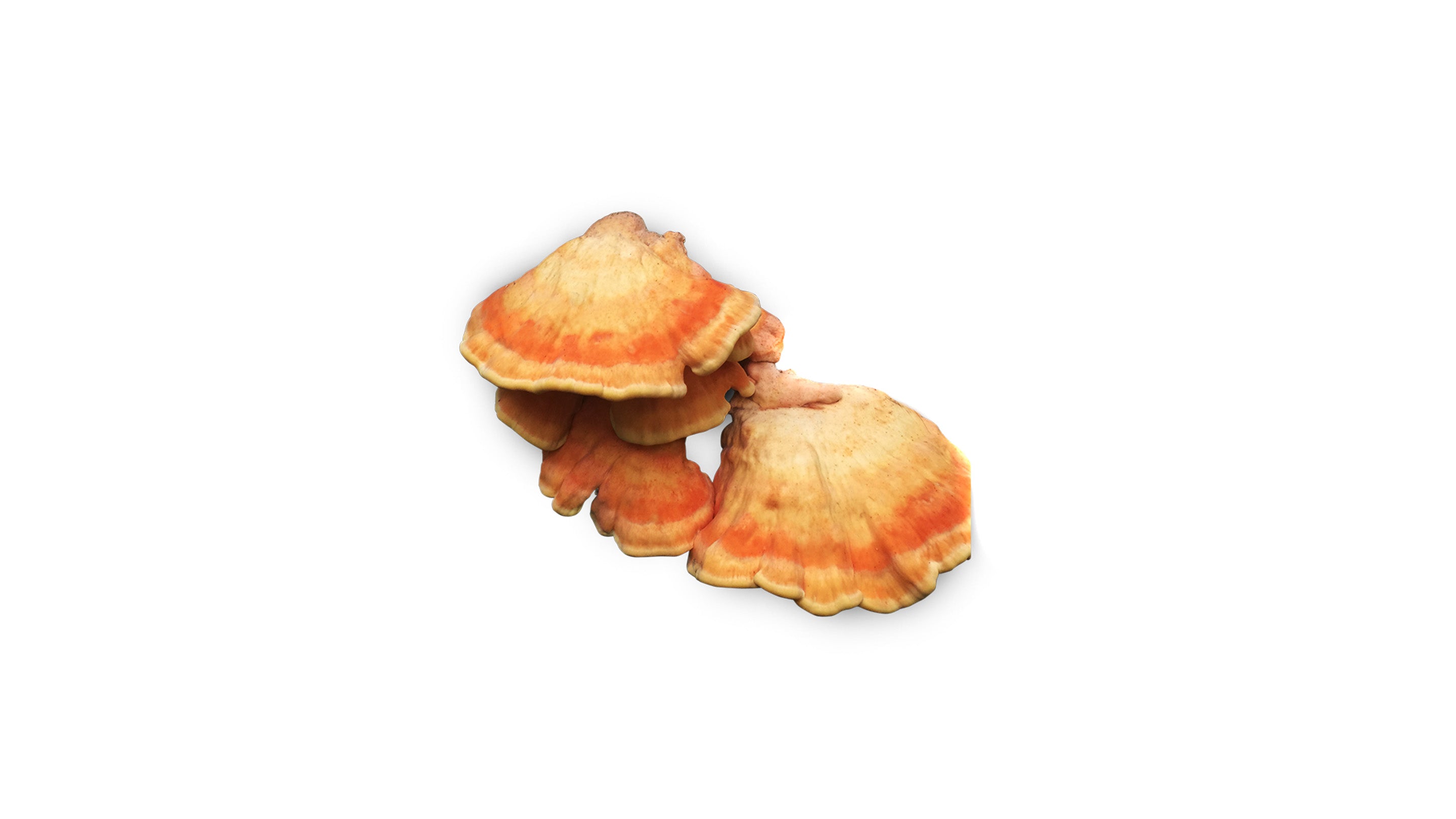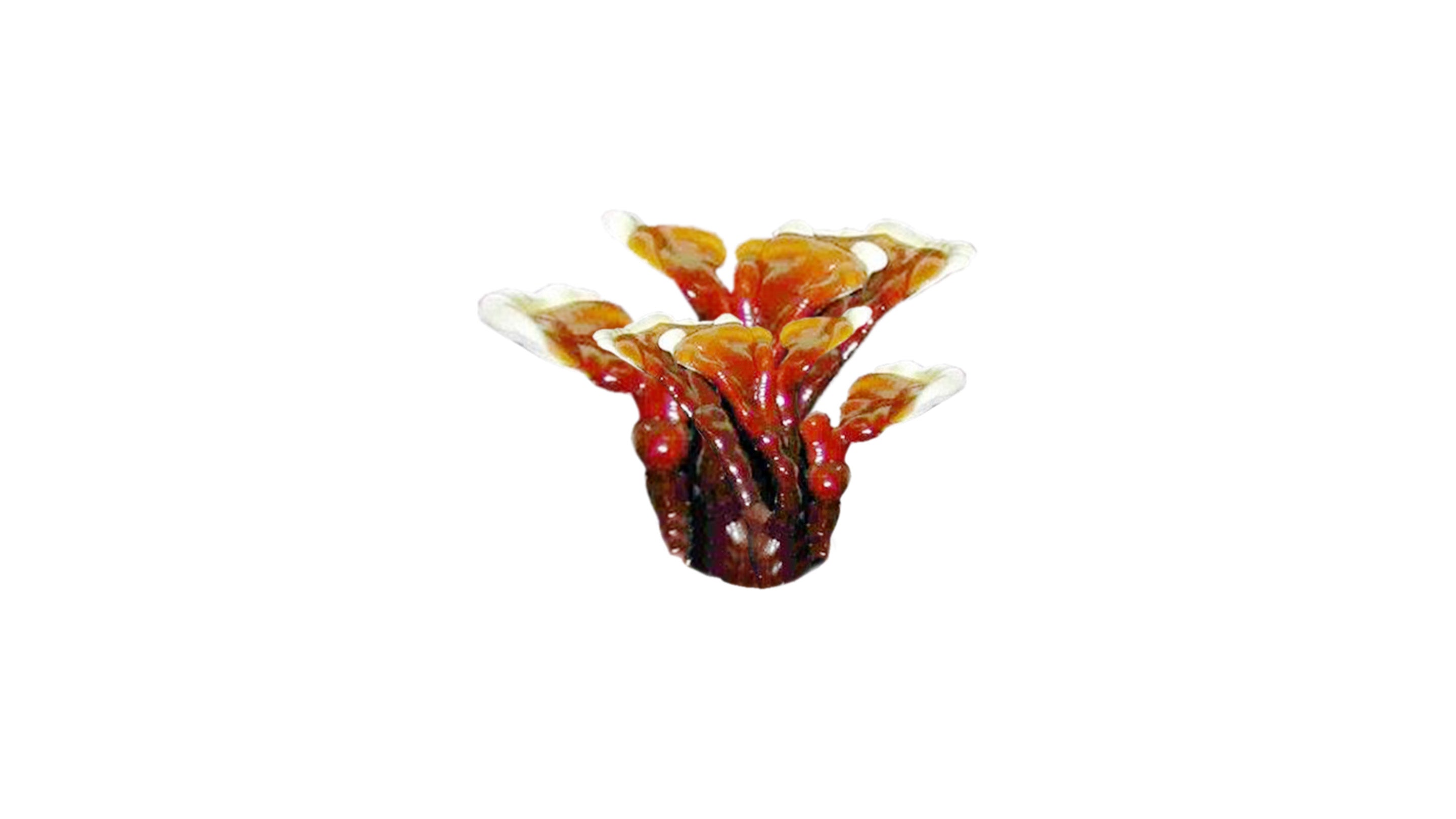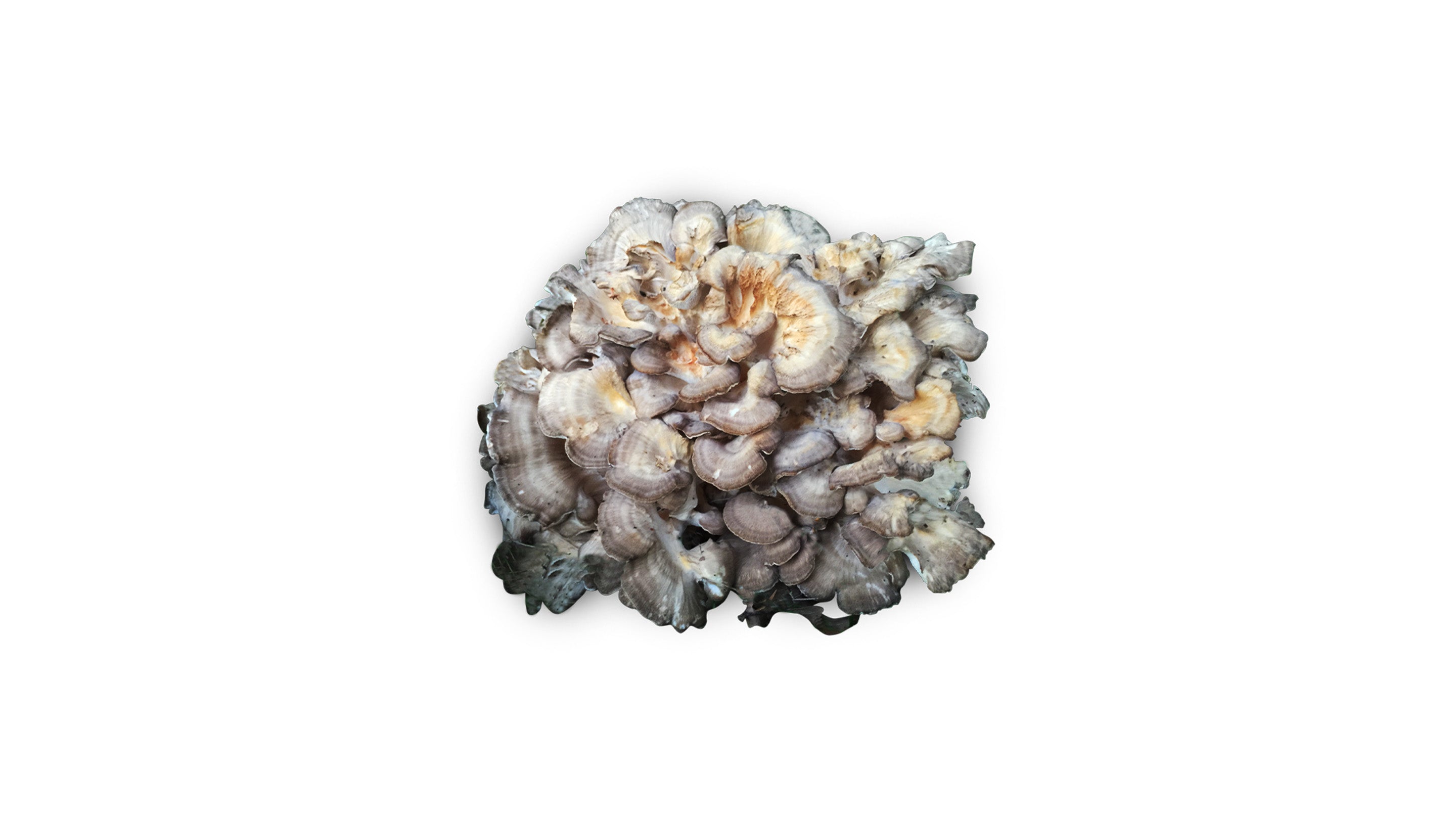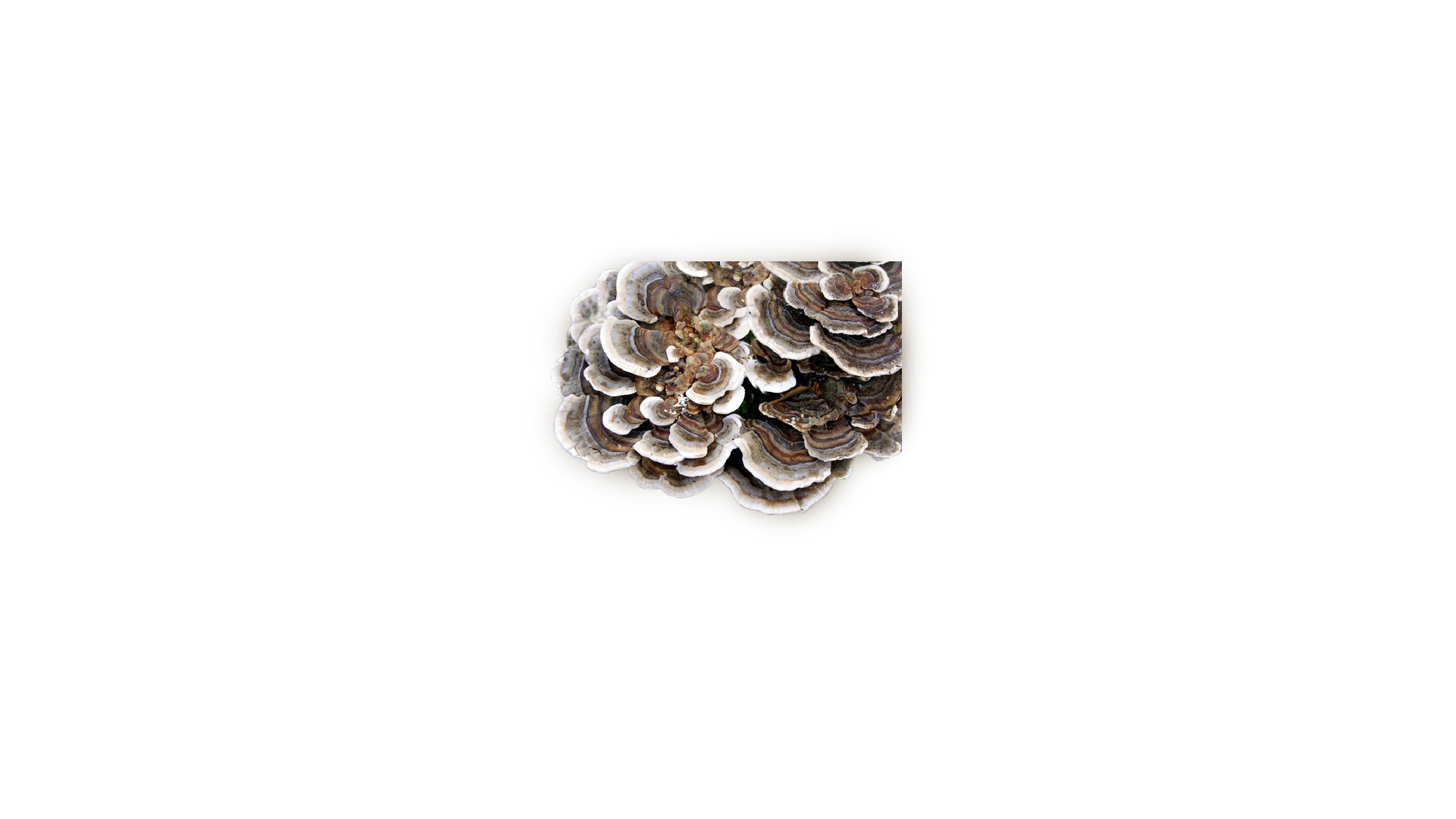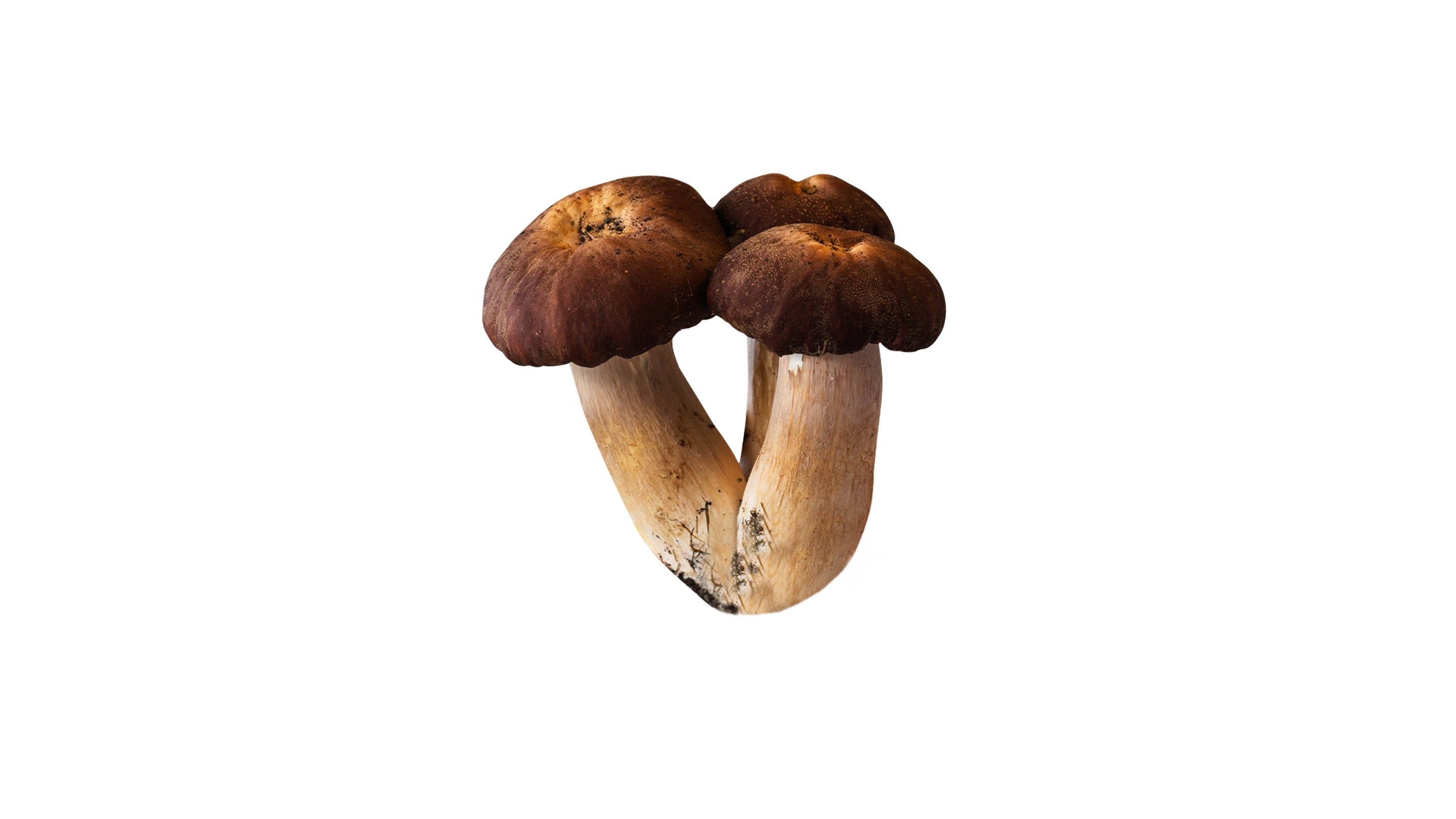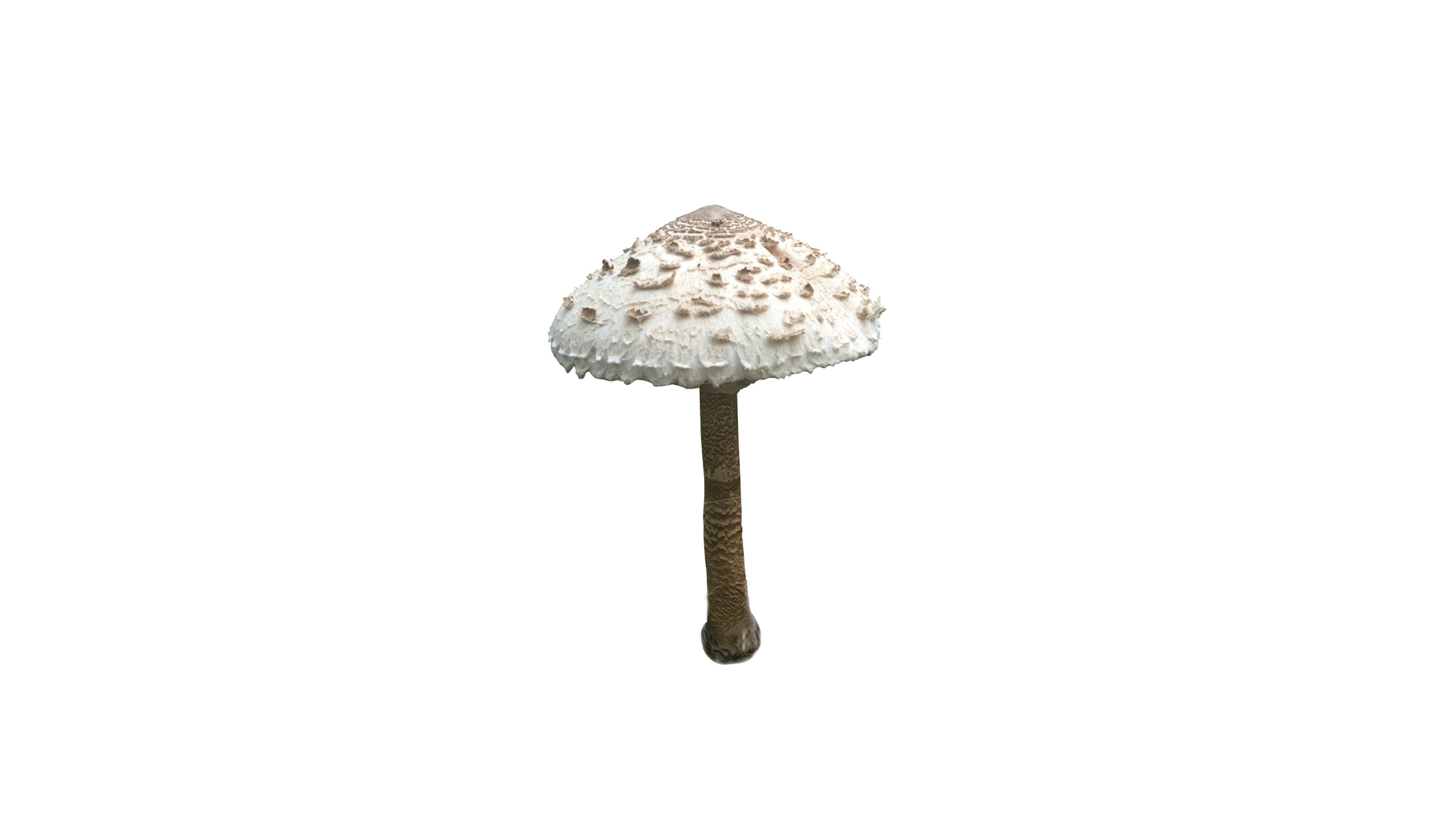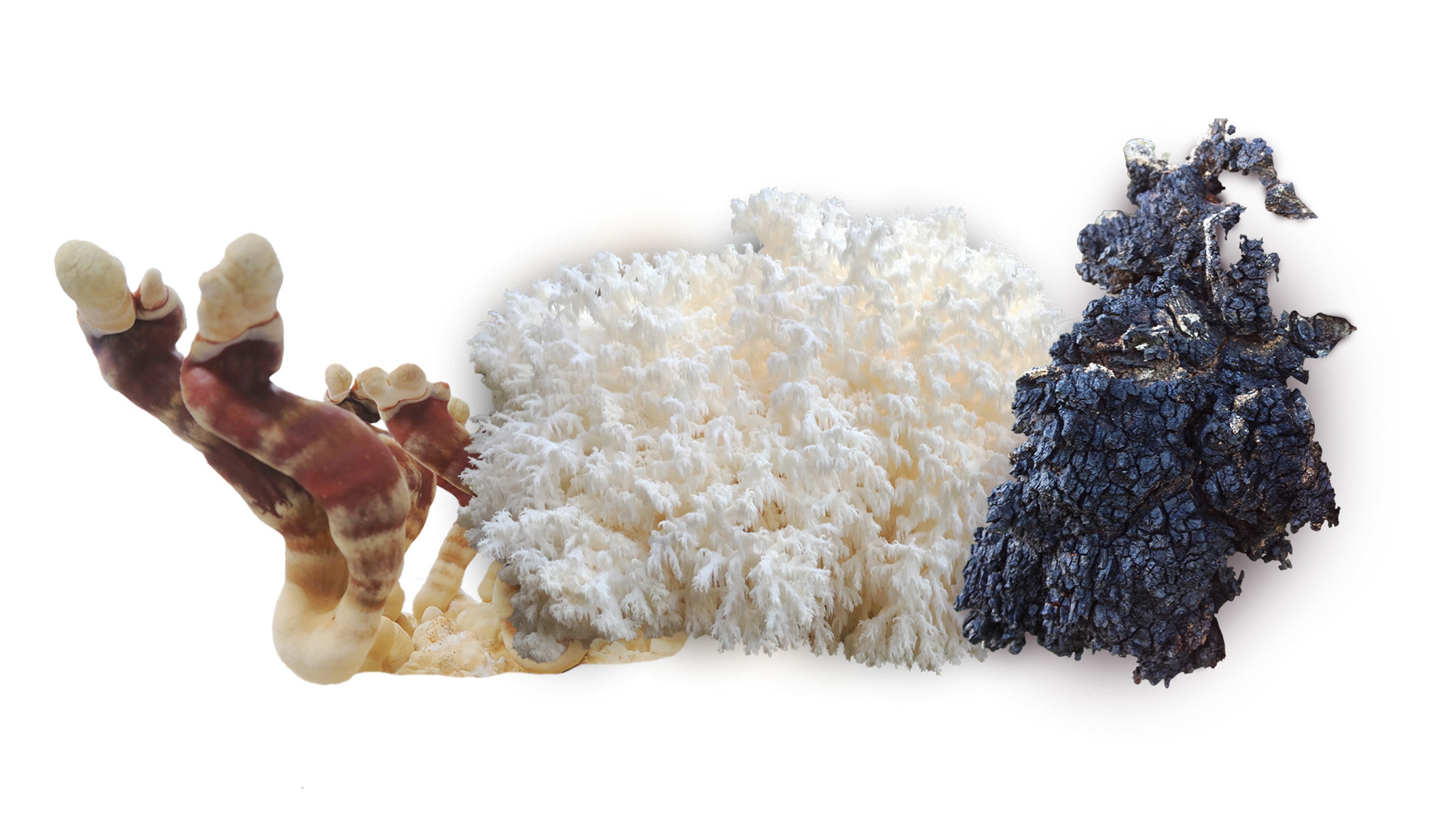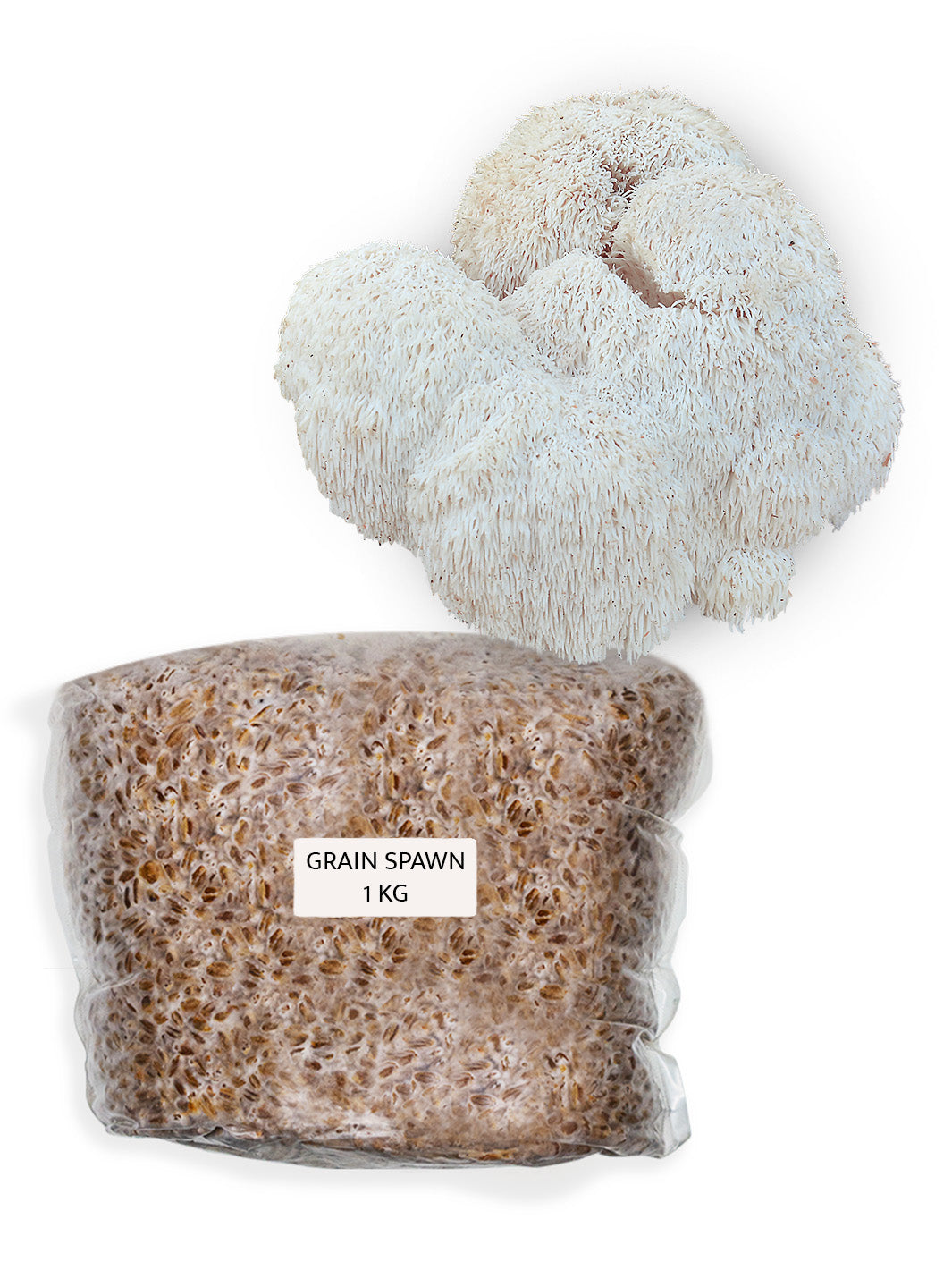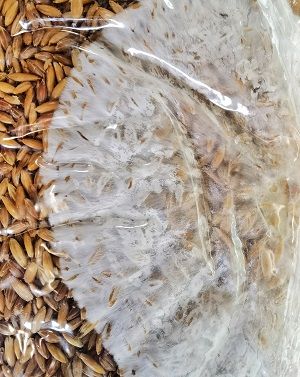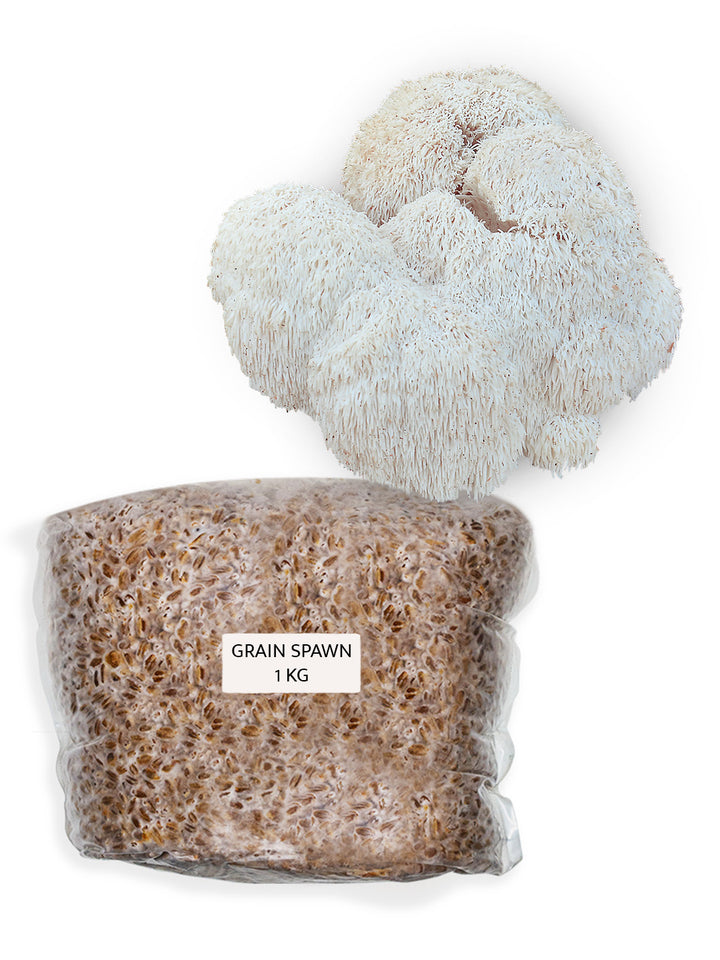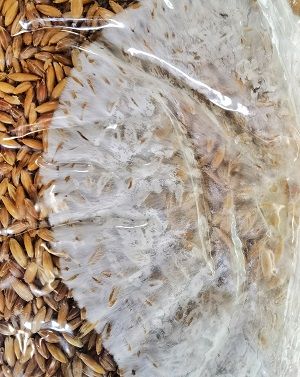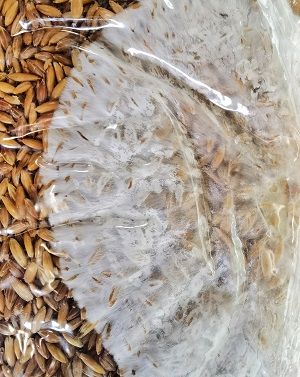Lions Mane - Grain spawn 1 kg (Hericium erinaceus)
- Largest in Scandinavia in mushroom cultivation.
- Orders before 11.00 are usually sent the same day (Mon-Wed)
- Free shipping on orders over SEK 1,500 (within Sweden)
- Marknadsledande fraktpriser från 39 kr
- Safe and easy checkout by card or invoice
- Questions? Call or email, we reply quickly!
Lions Mane mycelium grown on Swedish organic rye. The mycelium is produced in Svamphusets facility just outside of Stockholm. We produce small quantities at a time to always keep the mycelium as fresh and alive as possible.
- 1 kg of grain spawn is enough to inoculate approx. 20-25 kg of pellets/sawdust.
- Ready to be added to bulk substrate for fruiting.
- Produced from liquid culture mother mycelium.
- Always fresh, alive and aggressive mycelium.
- Can be stored for up to 6 months in the fridge.
Grain spawn with mycelium from Lions Mane mushroom. Normally used to inoculate sawdust or straw pellets and thus produce mushroms blocks for indoor growing, as well as fruiting. Grain spawn can also be used to inoculate sawdust, or straw pellets which are then used for outdoor cultivation on a larger scale. We use our own grain spawn for most of our products.
Grain spawn is not meant for inoculating logs. For logs, we recommend our fast-growing mycelium on sawdust or mycelium plugs.
Lions Mane is, with its lobster-like taste and texture, one of the most delicious mushrooms. On the surface it is covered with long brittle white thorns, while the inside of the mushroom is solid. Cook it in a creamy stew with white wine, cream and dill or make delicious "crab cakes". The species is also considered to have medicinal properties.
A lot of people believes this mushroom is difficult to cultivate, but is actually, on the contrary, very easy to grow. If the mushroom is grown under the right conditions, it will produce multiple and large harvests. Note that the hedgehog sponge can be prone to drying out if the ambient humidity is too low.
Lions Mane have a tendency to want to fruit all the time, even inside the bag. So when you receive your Lions mane grain spawn and there is a few small fruits inside, there is nothing to worry about. Just shake the grains inside of the bag and mix everything around before use.
In the wild, Lions mane occurs on dead or dying trees of beech, oak, walnut, aspen, birch and maple in large parts of the world. The species is endangered and protected in Sweden, but fortunately can be cultivated. Recommended woods are oak and beech.
Orders placed before 11.00 a.m. are usually shipped the same day. We deliver with DHL and deliveries usually take 2-3 working days. Fungal mycelium is resistant but cannot withstand high temperatures. If the climate exceeds 25, we wait for cooler temperatures before sending the packages in order for your products to arrive to you in the best possible condition.



